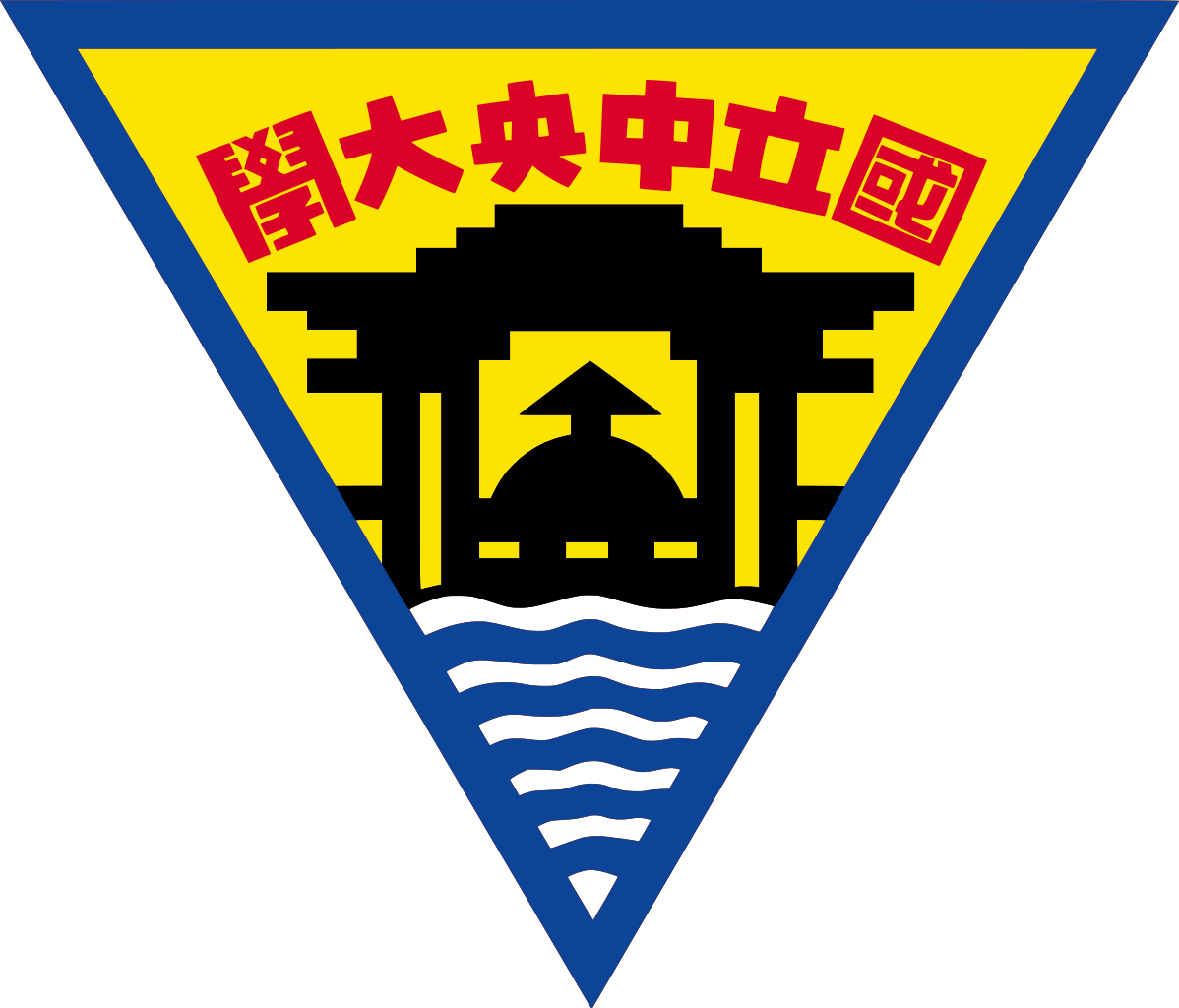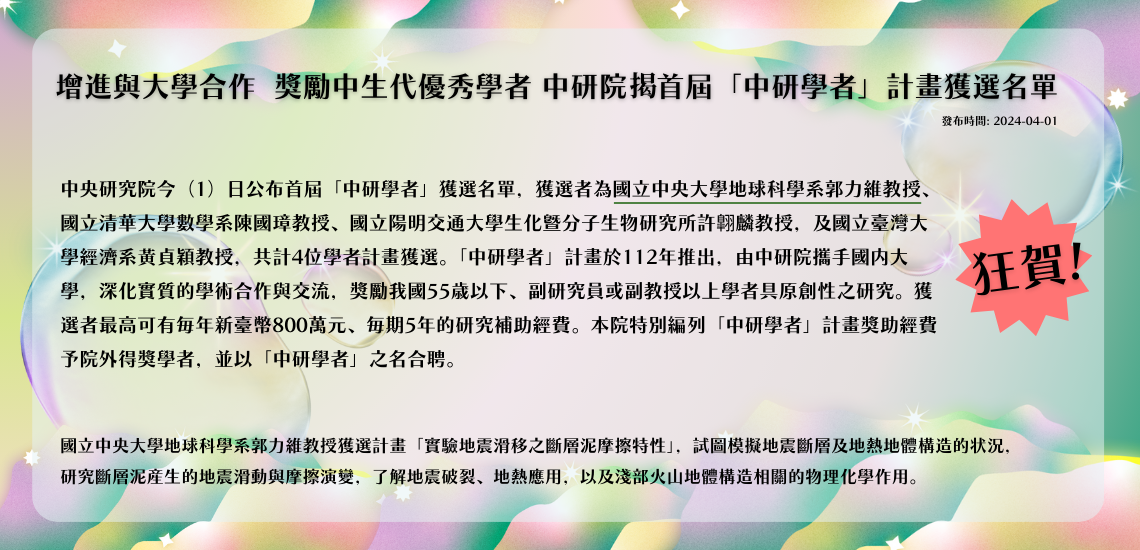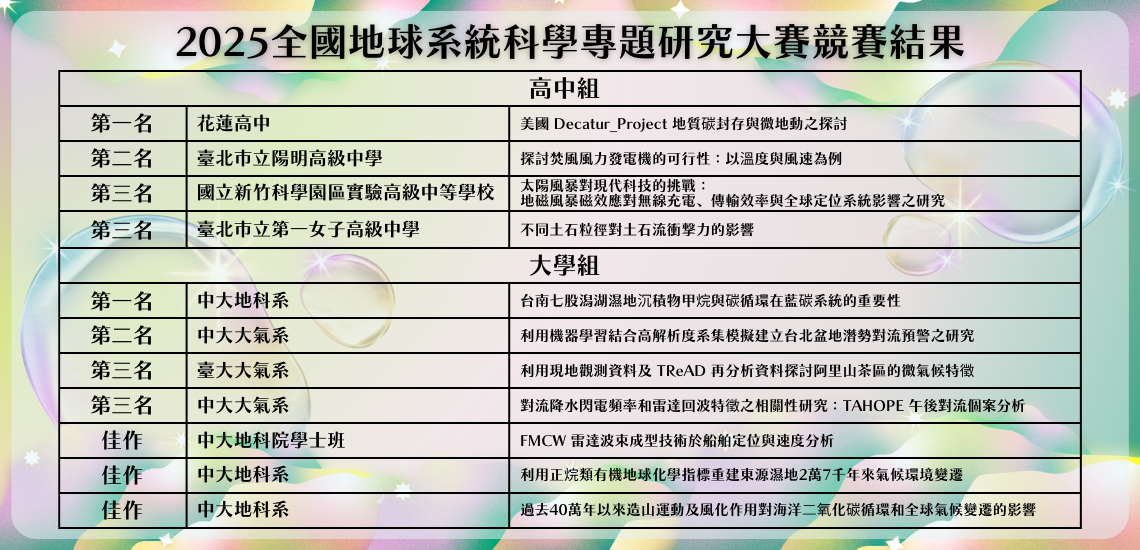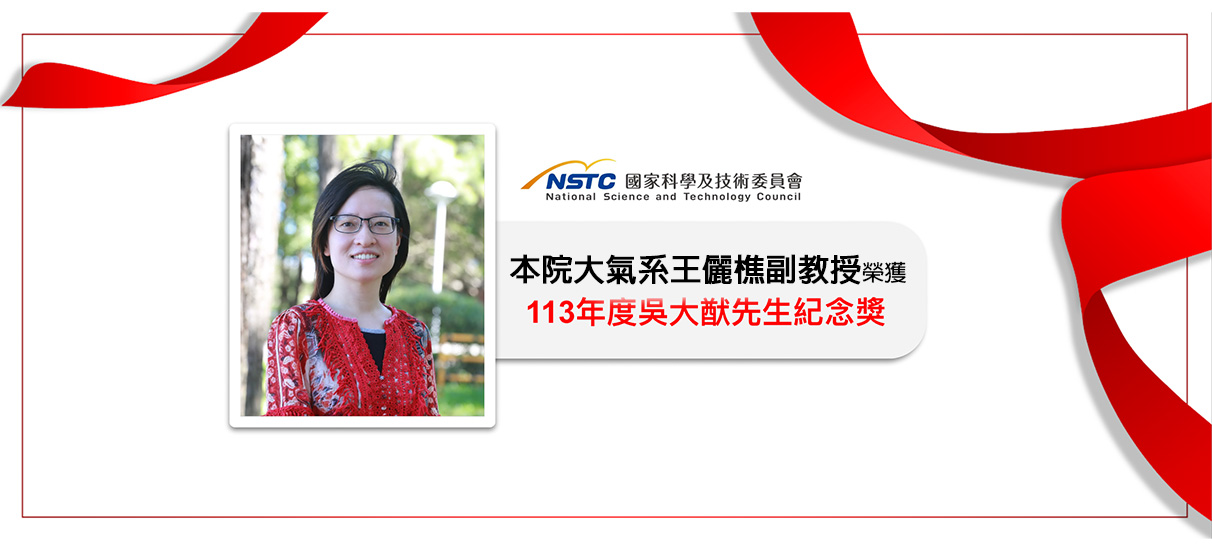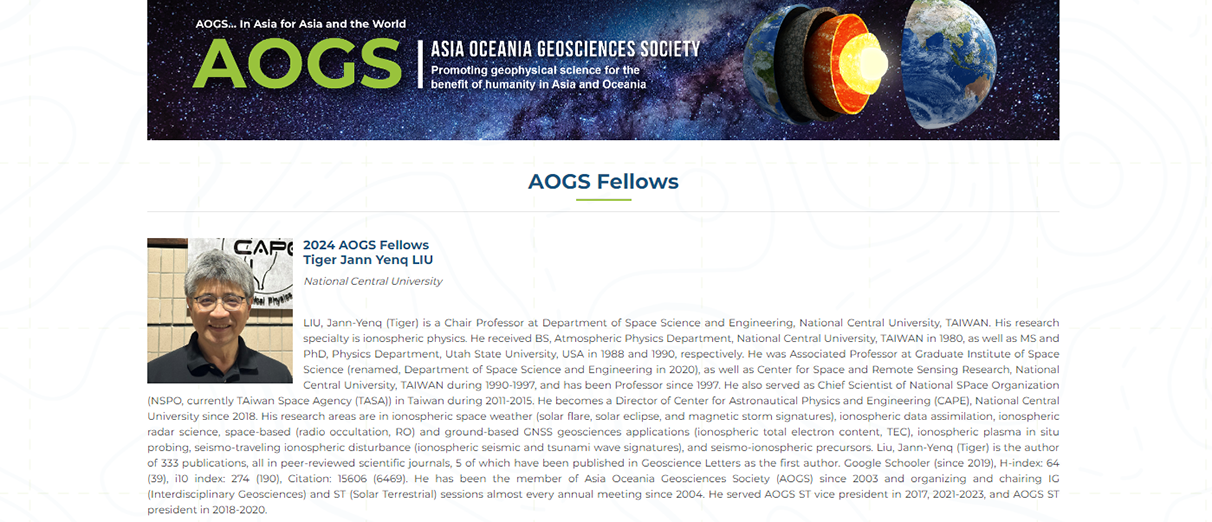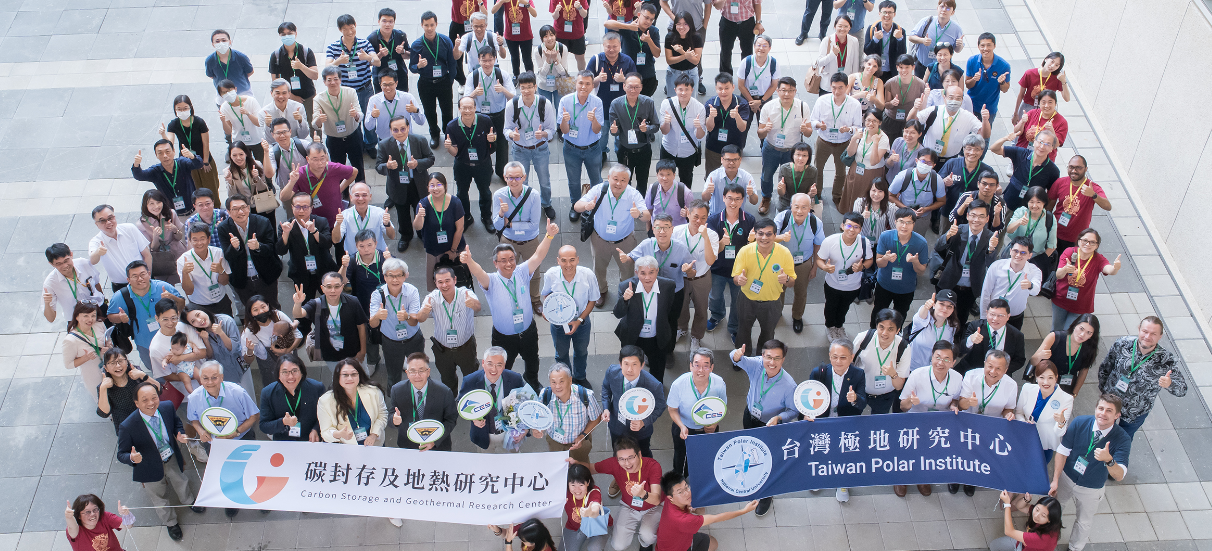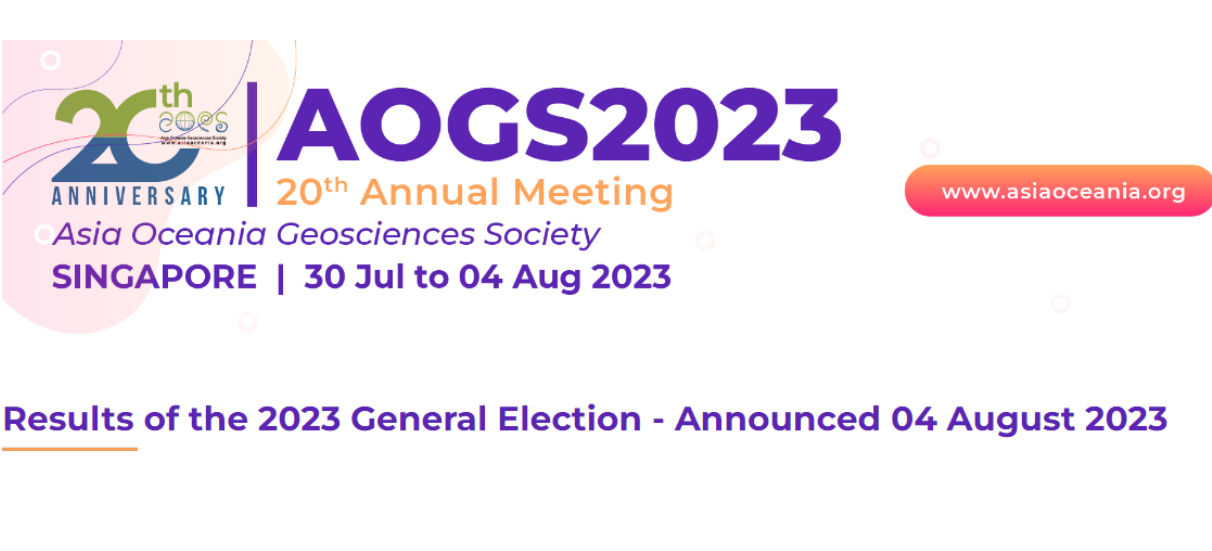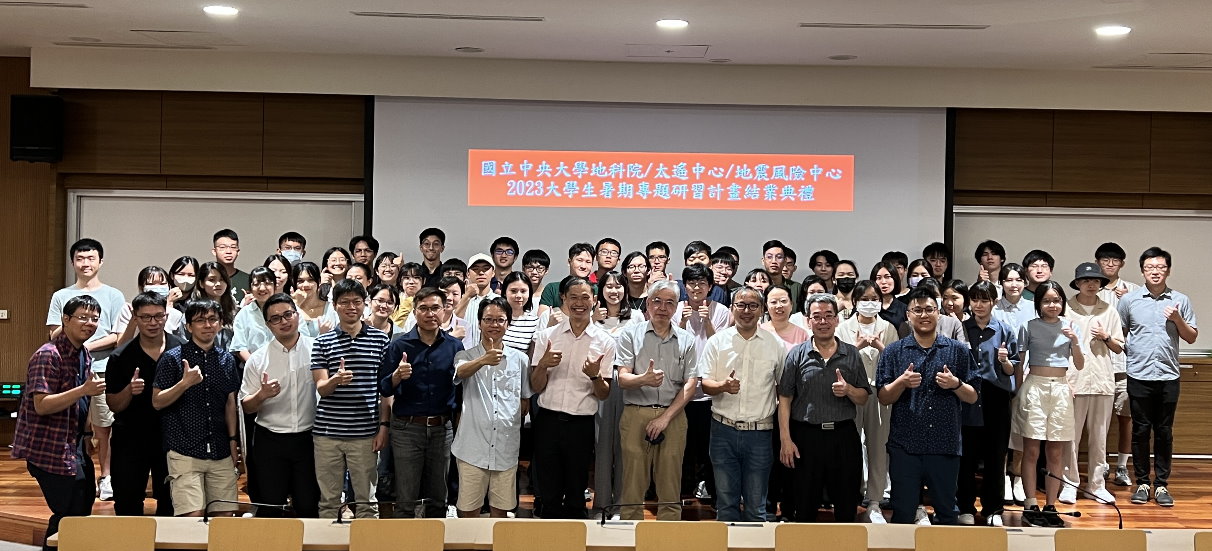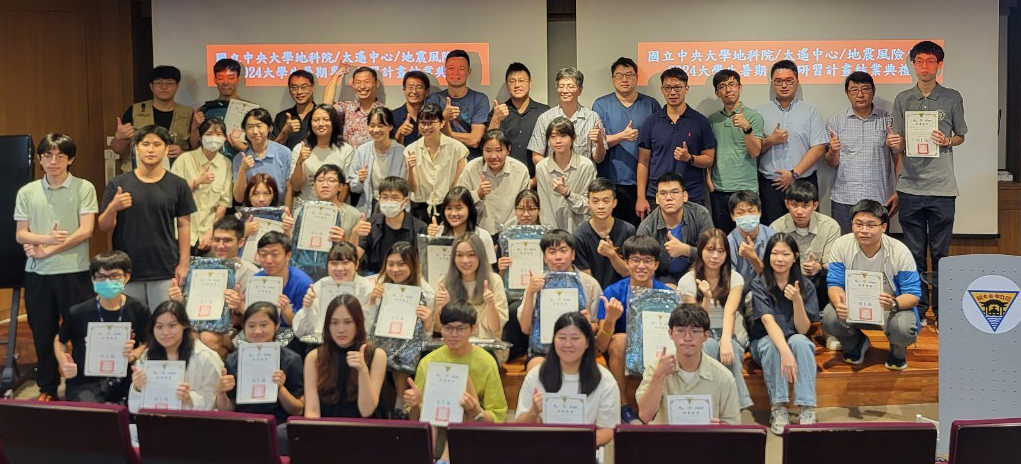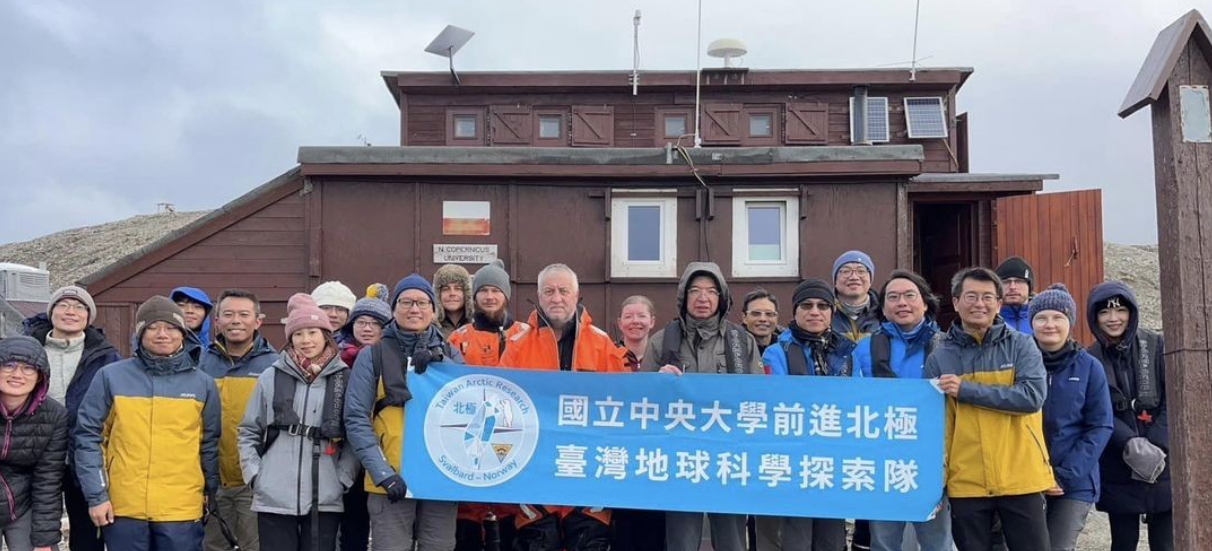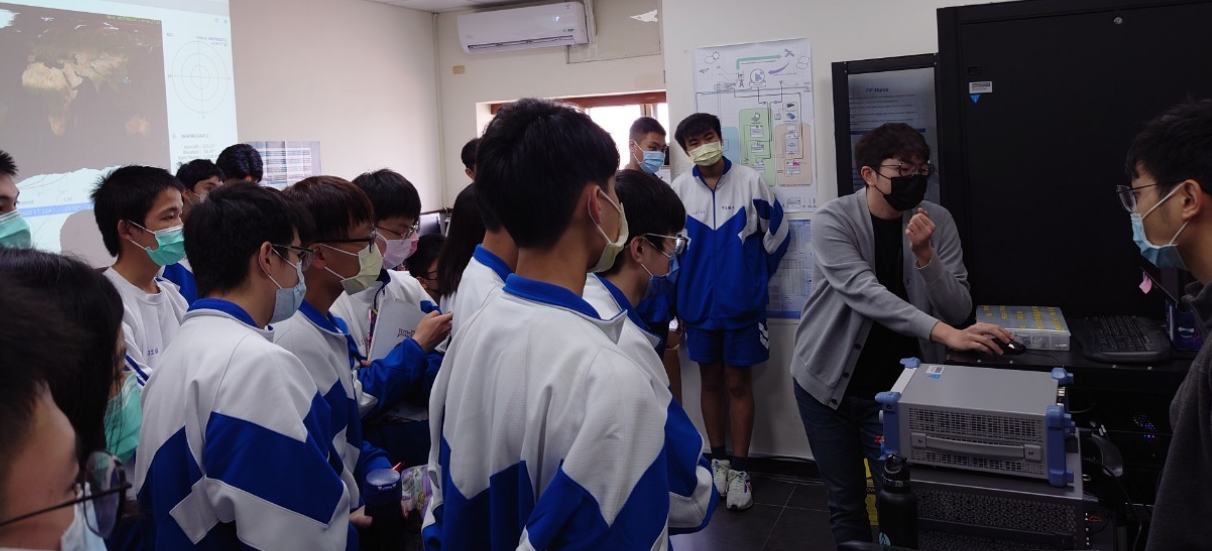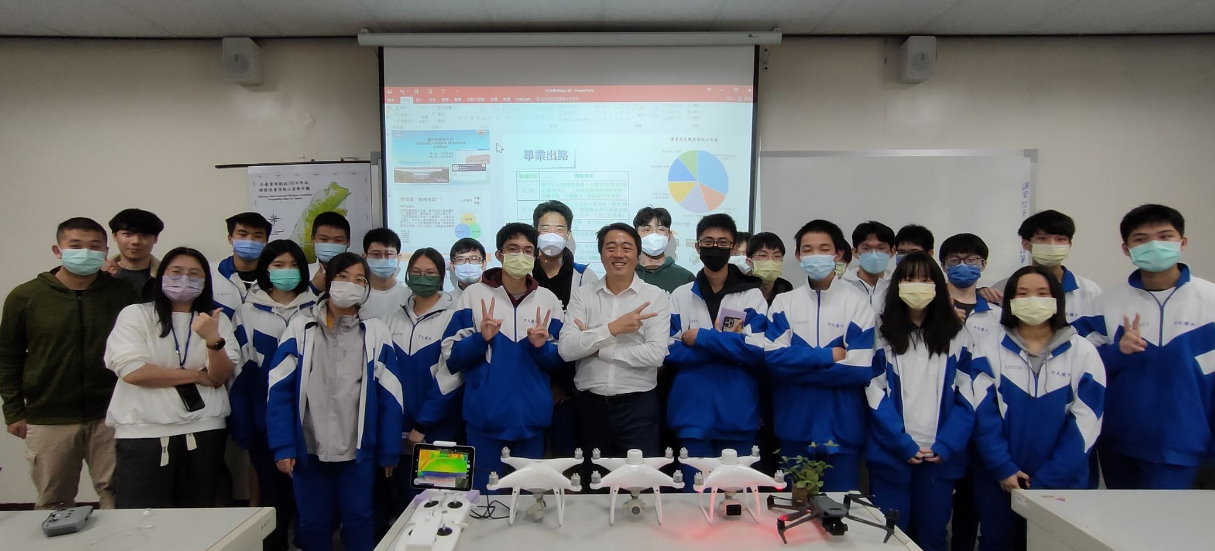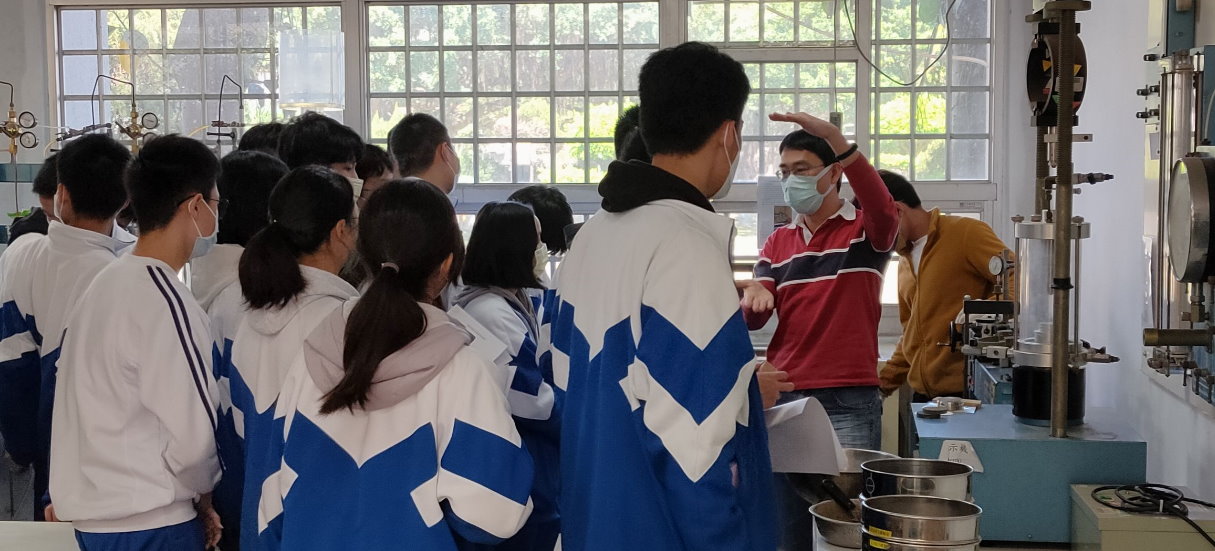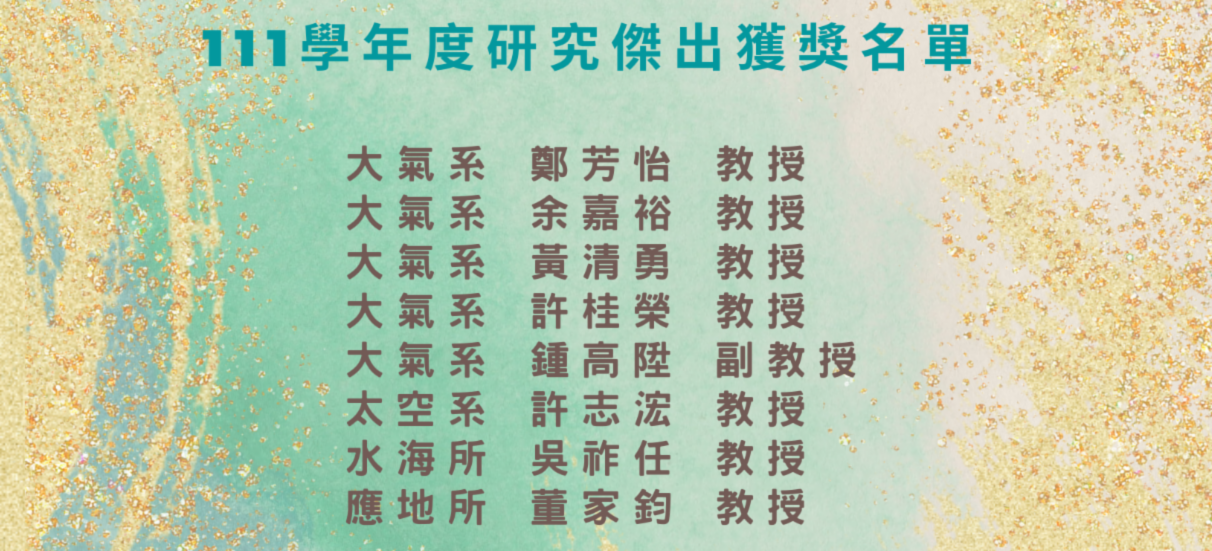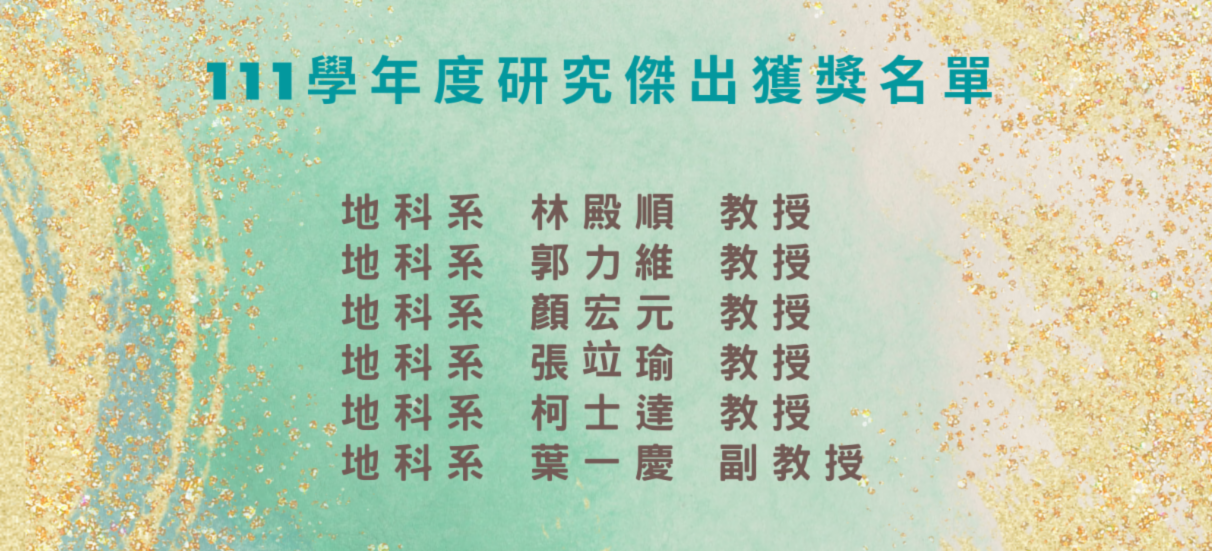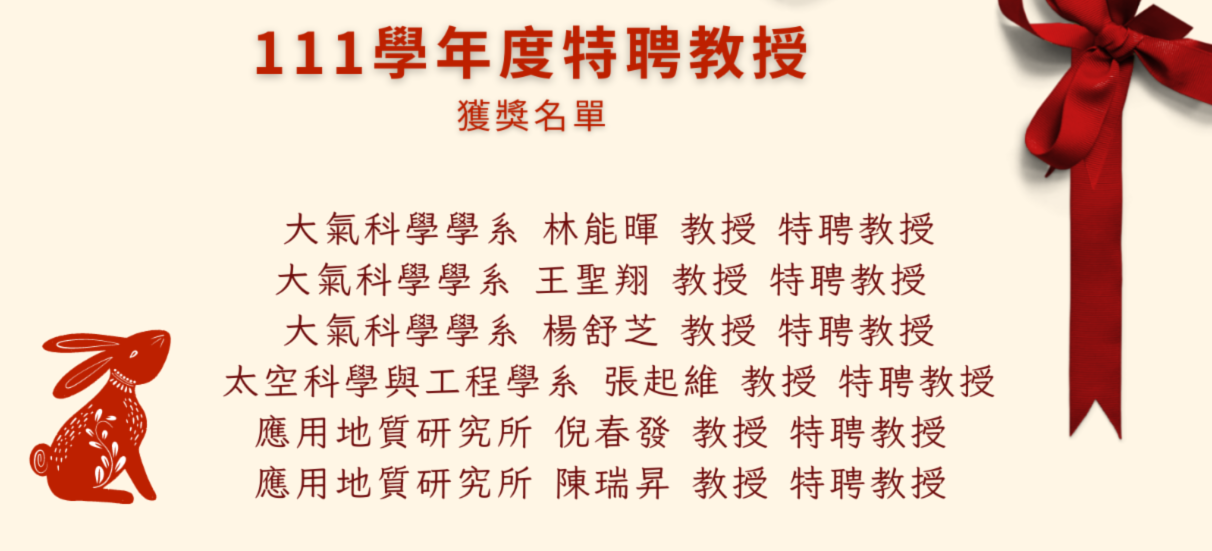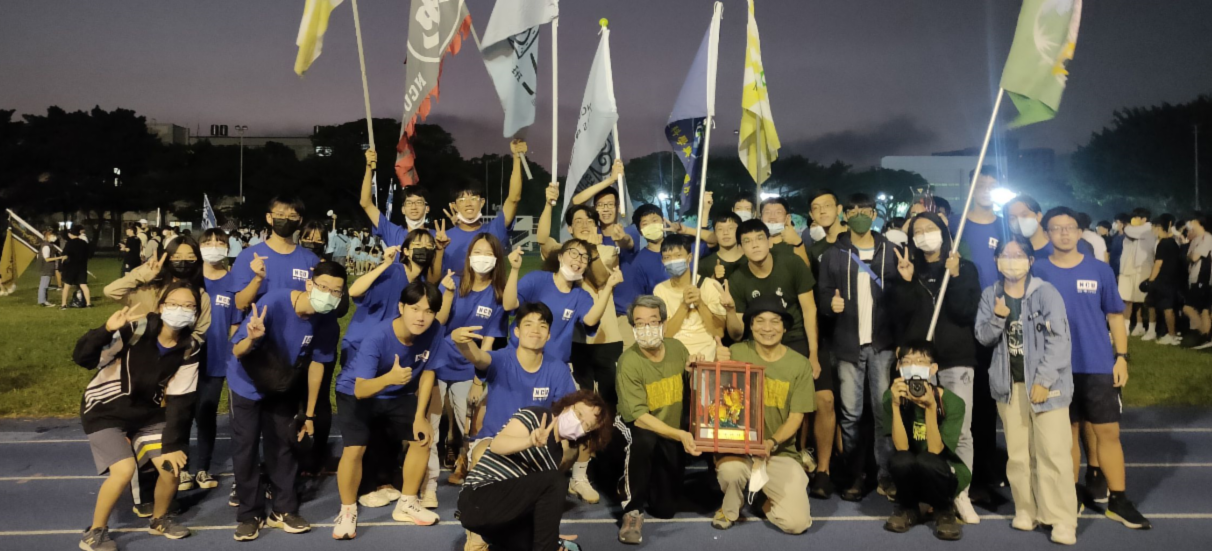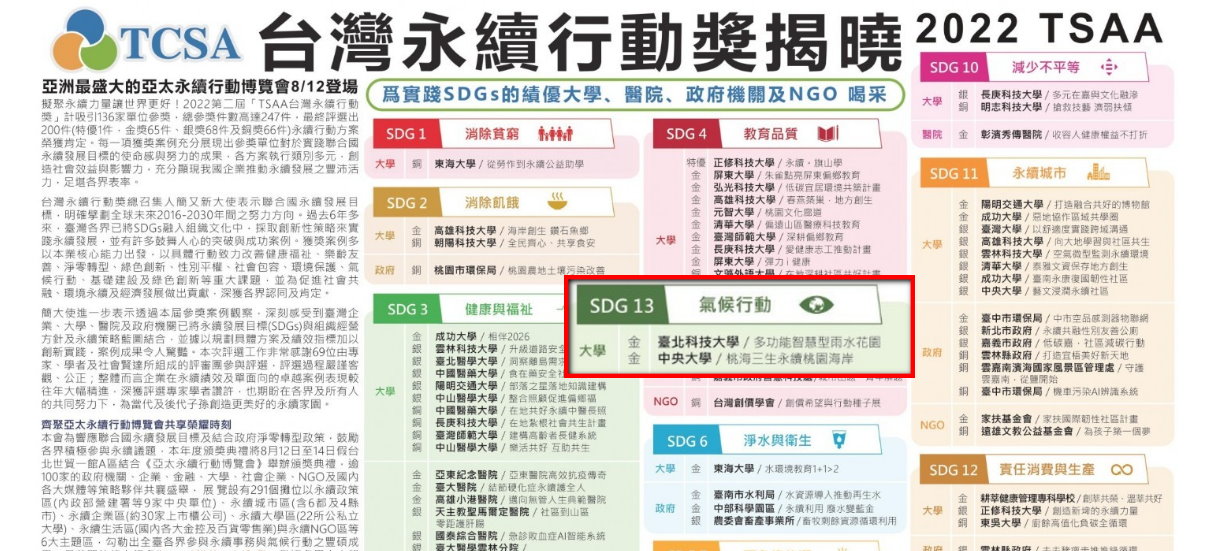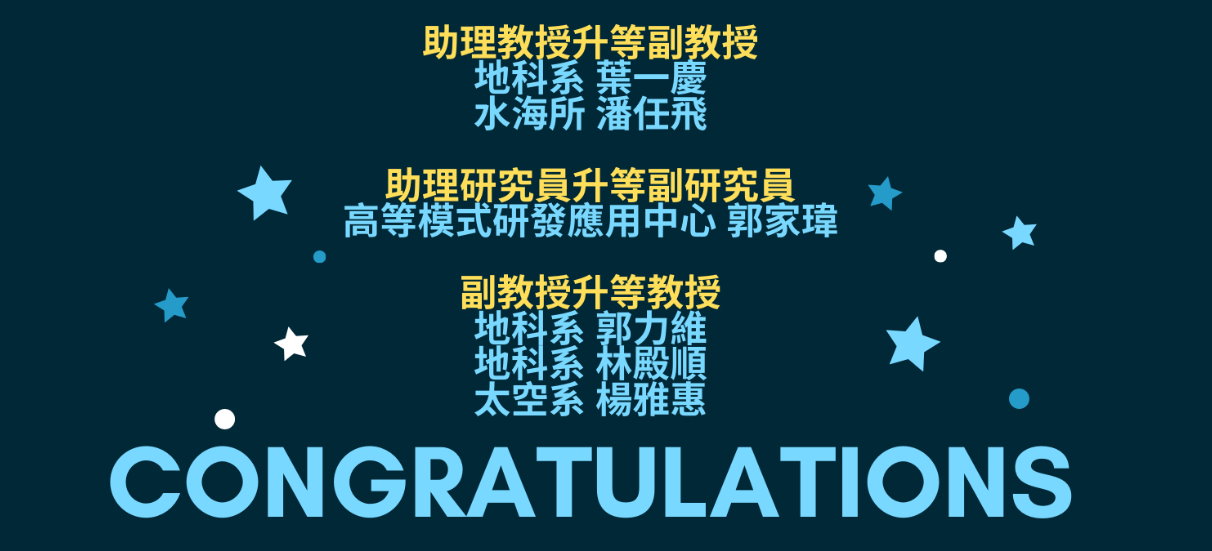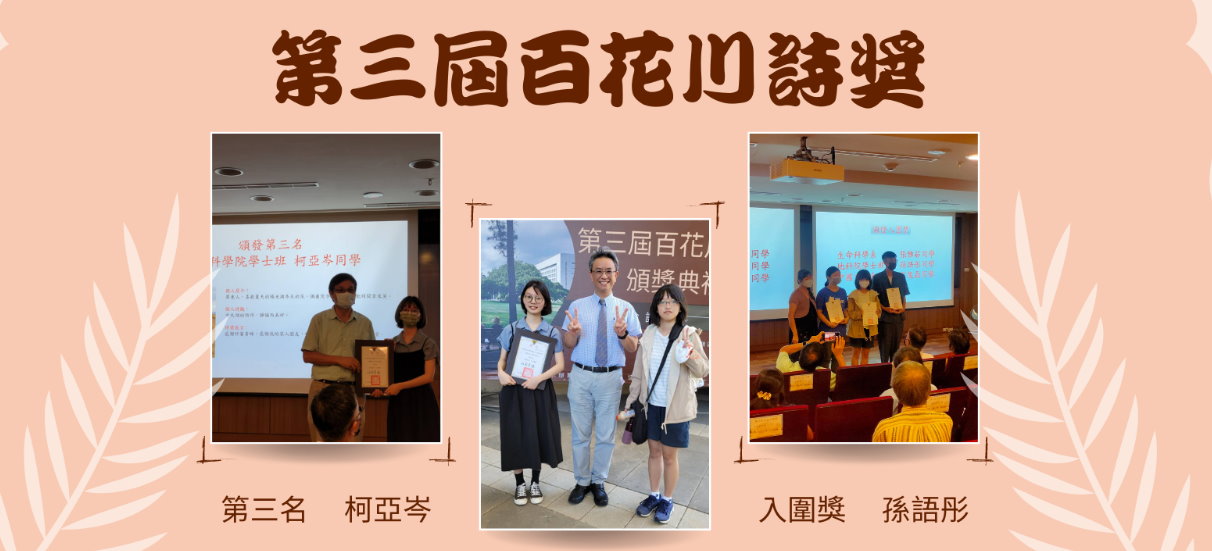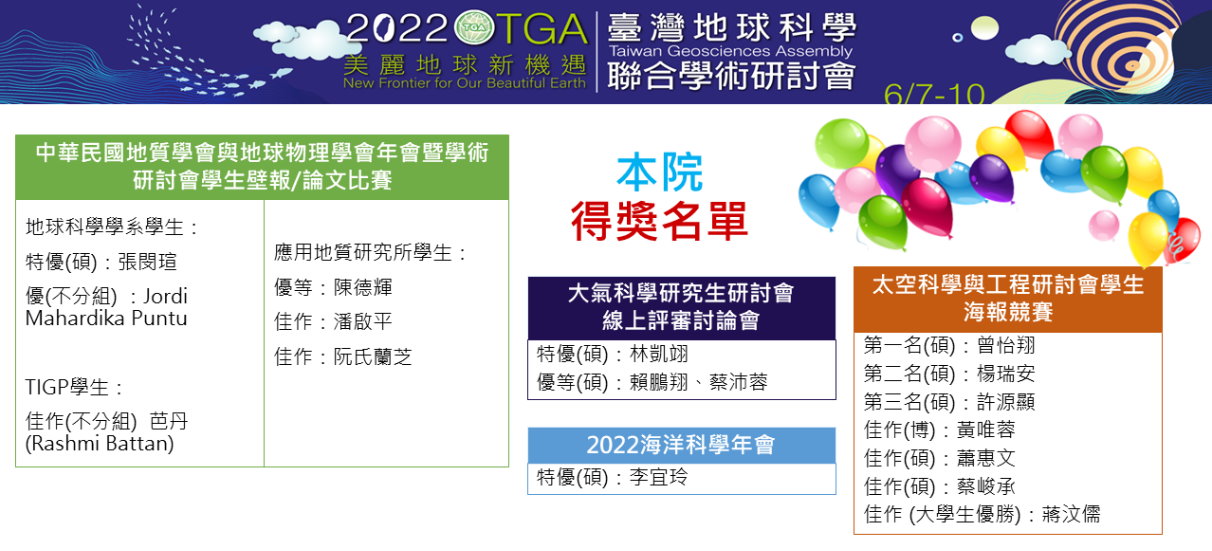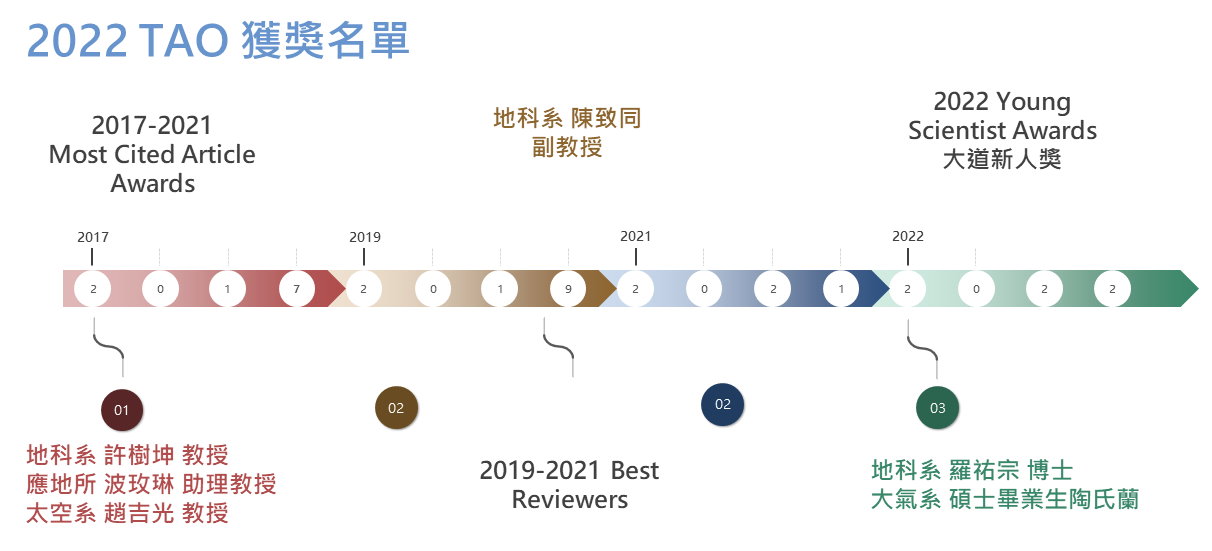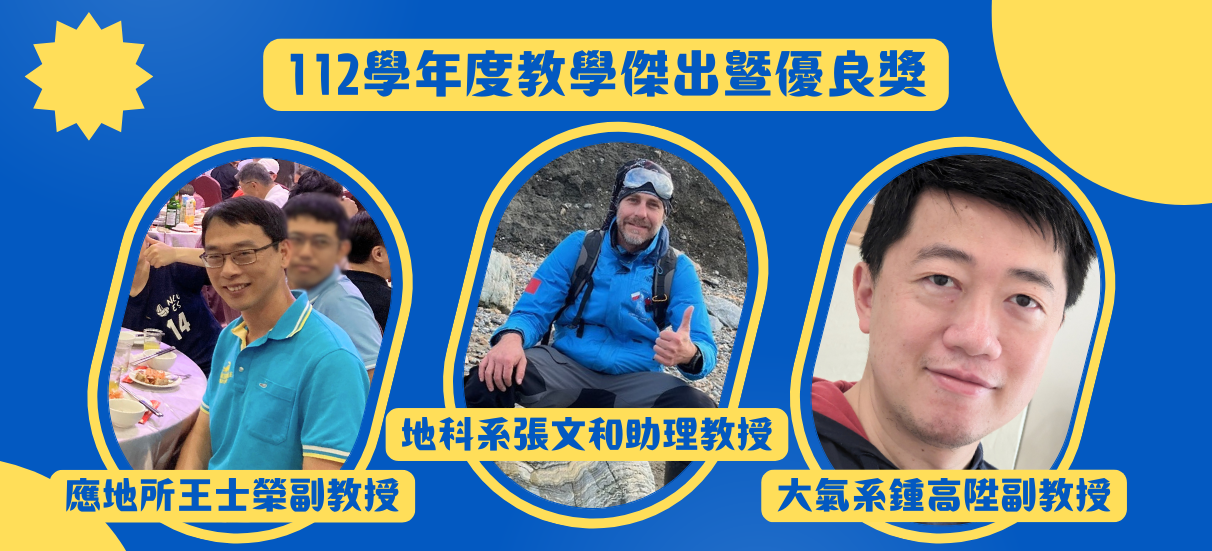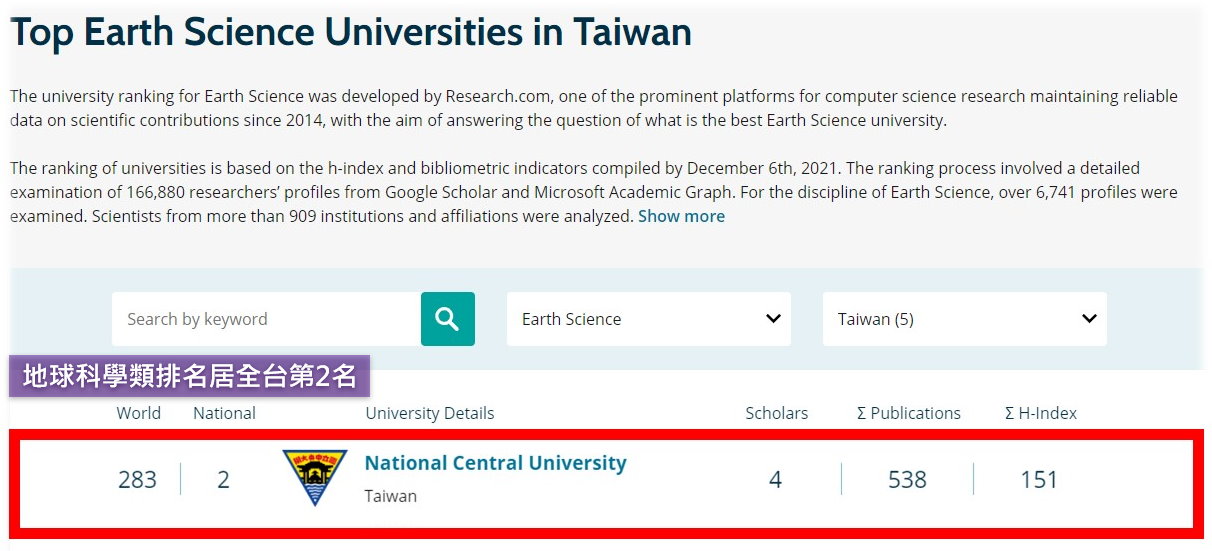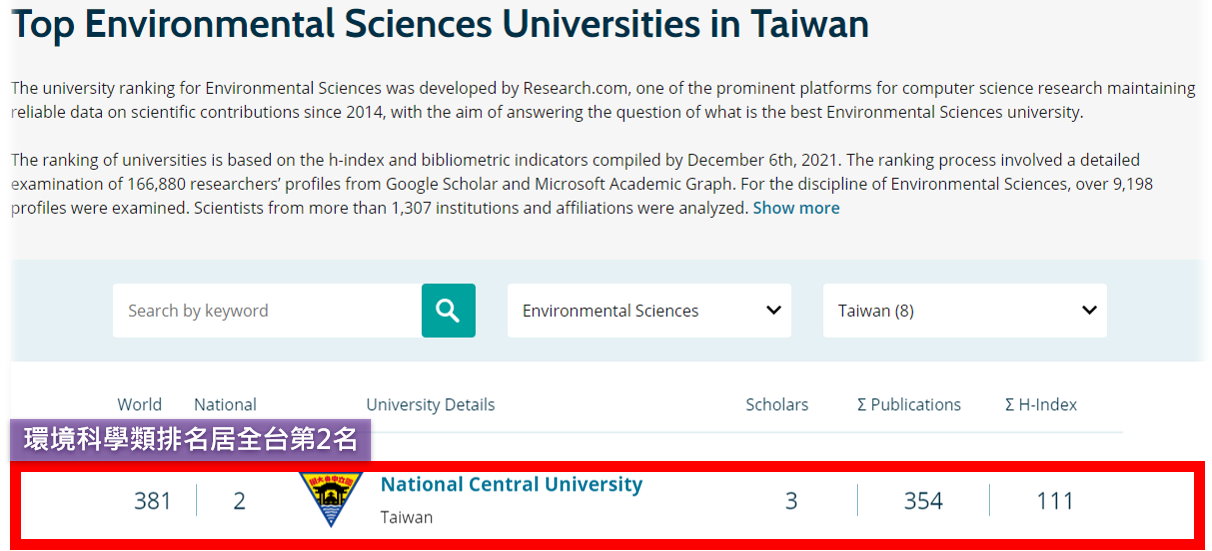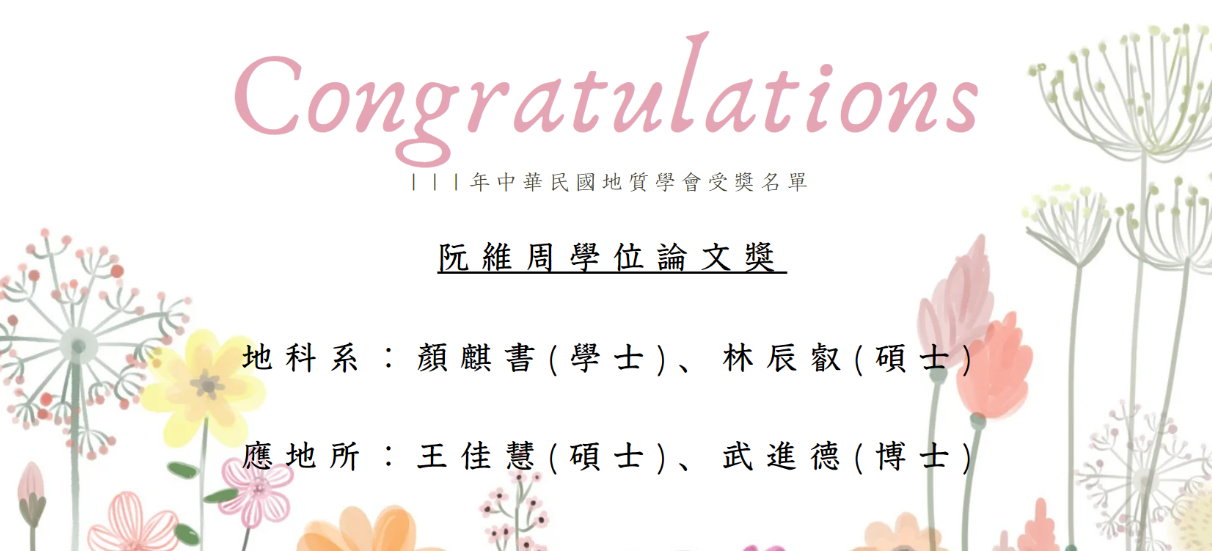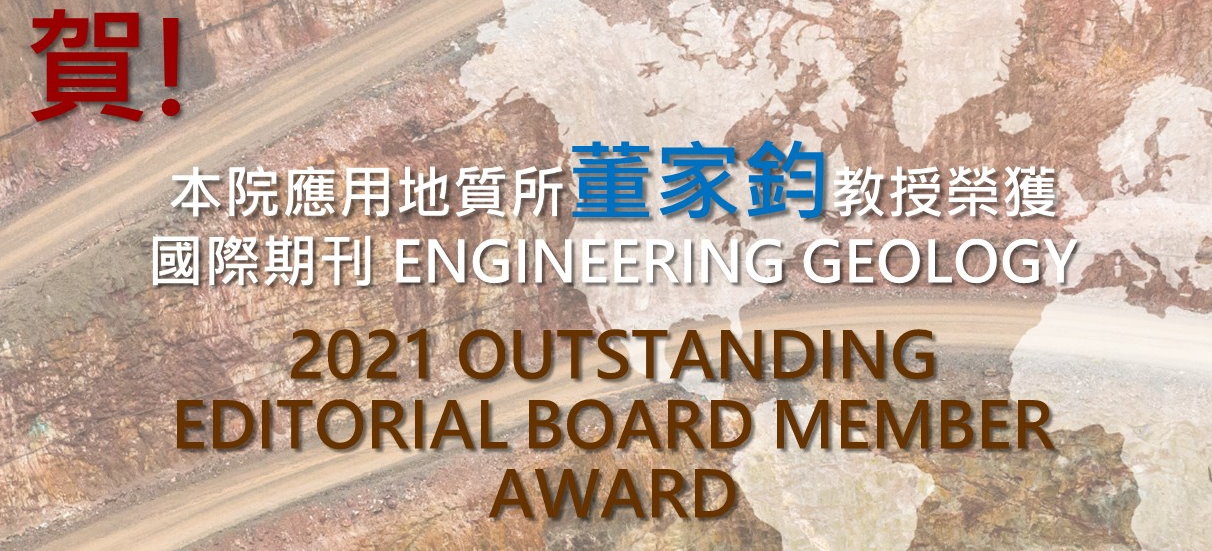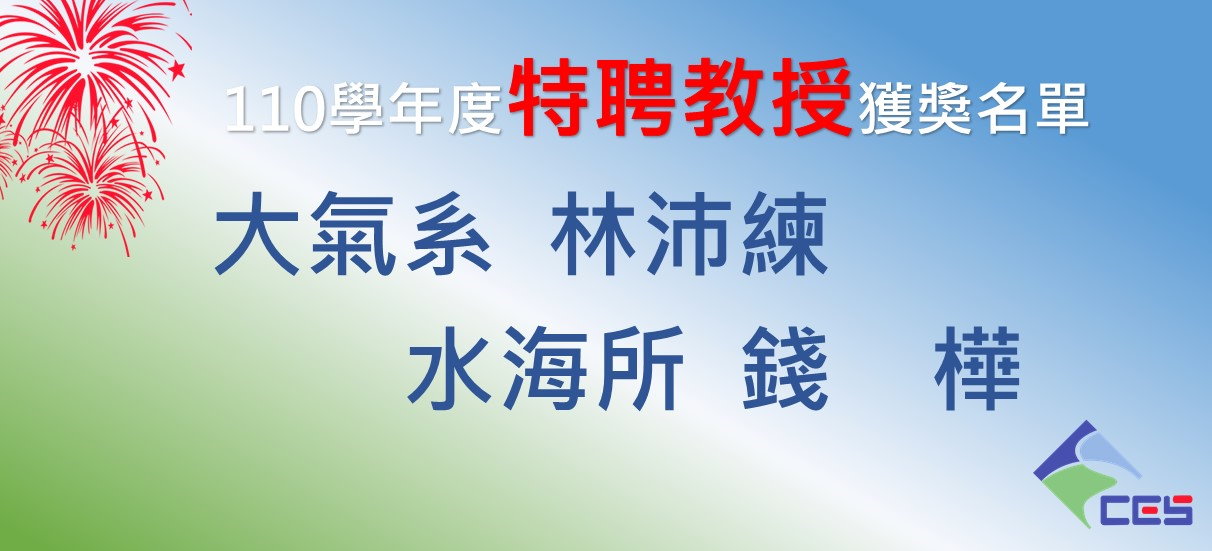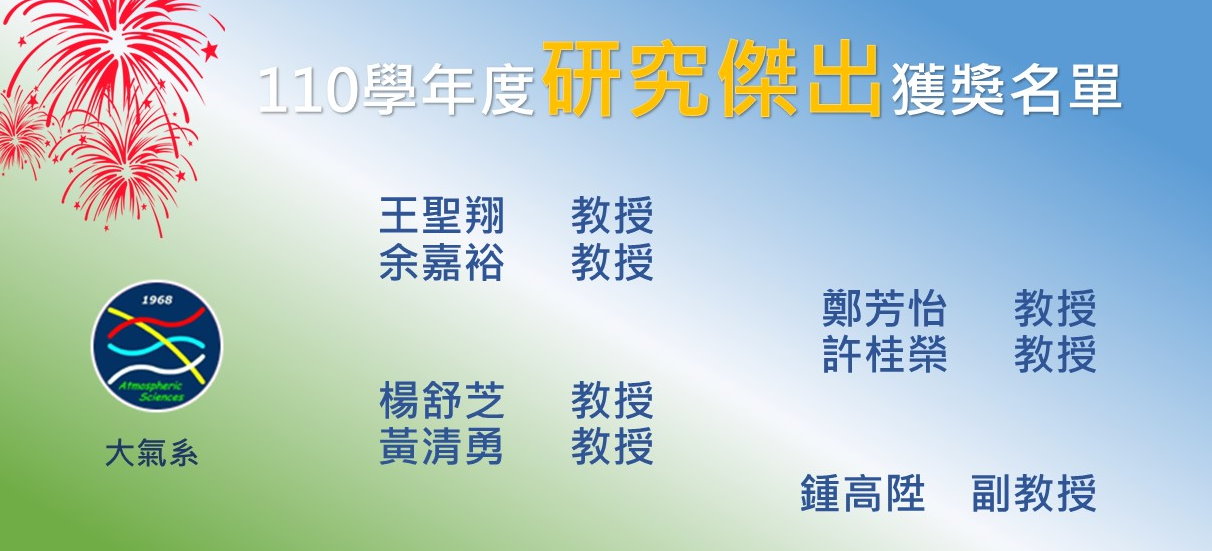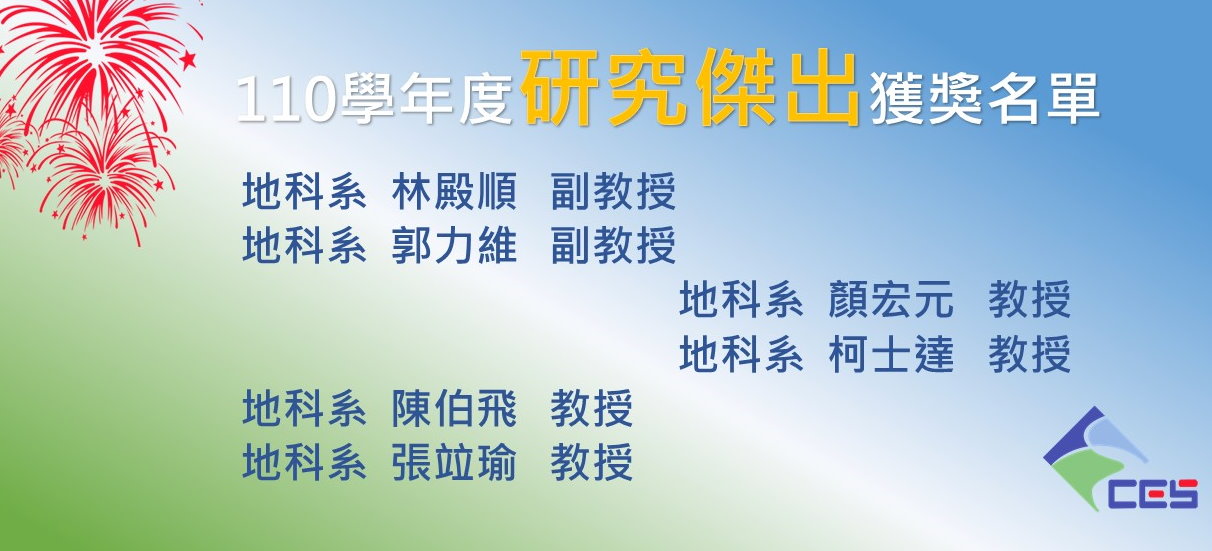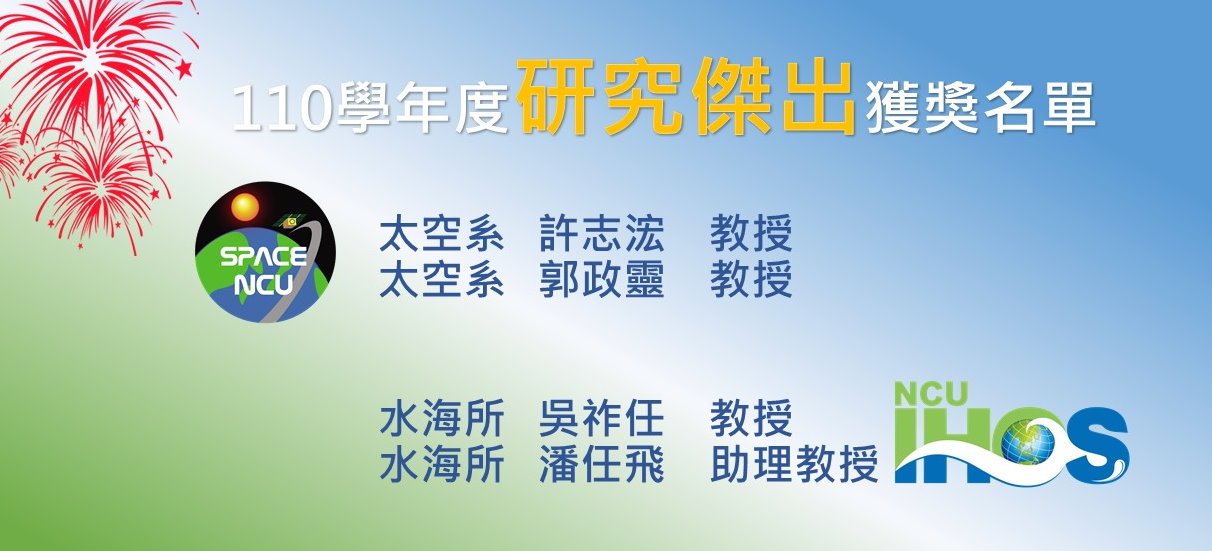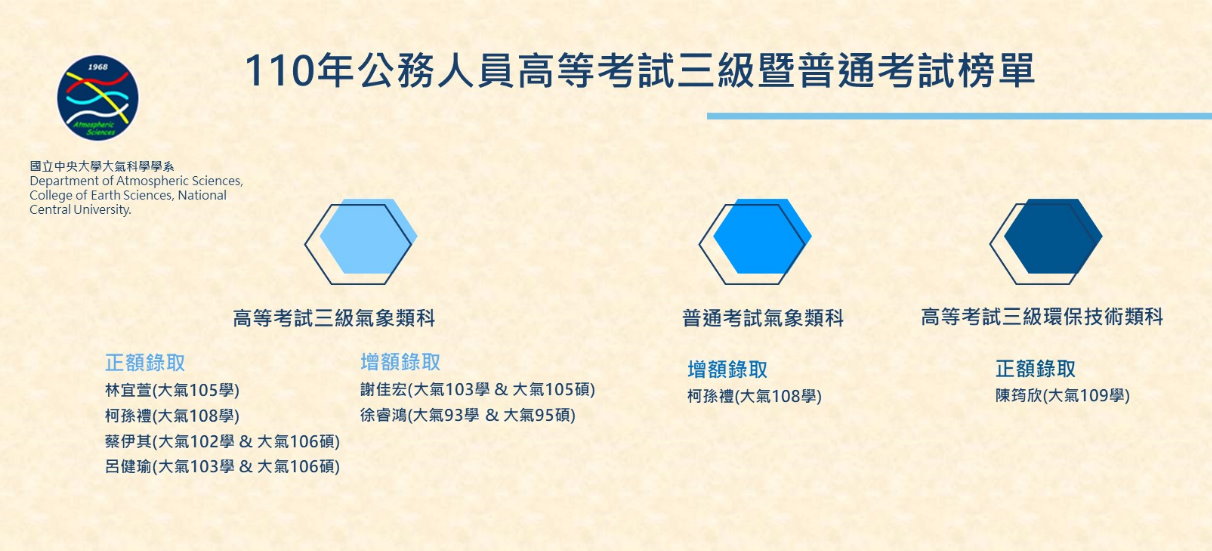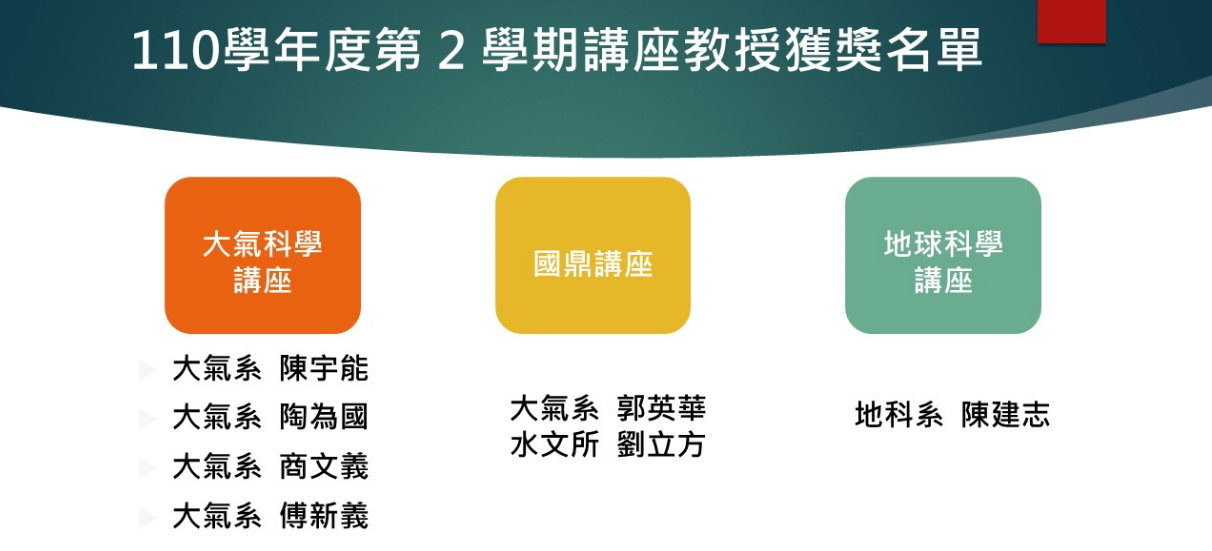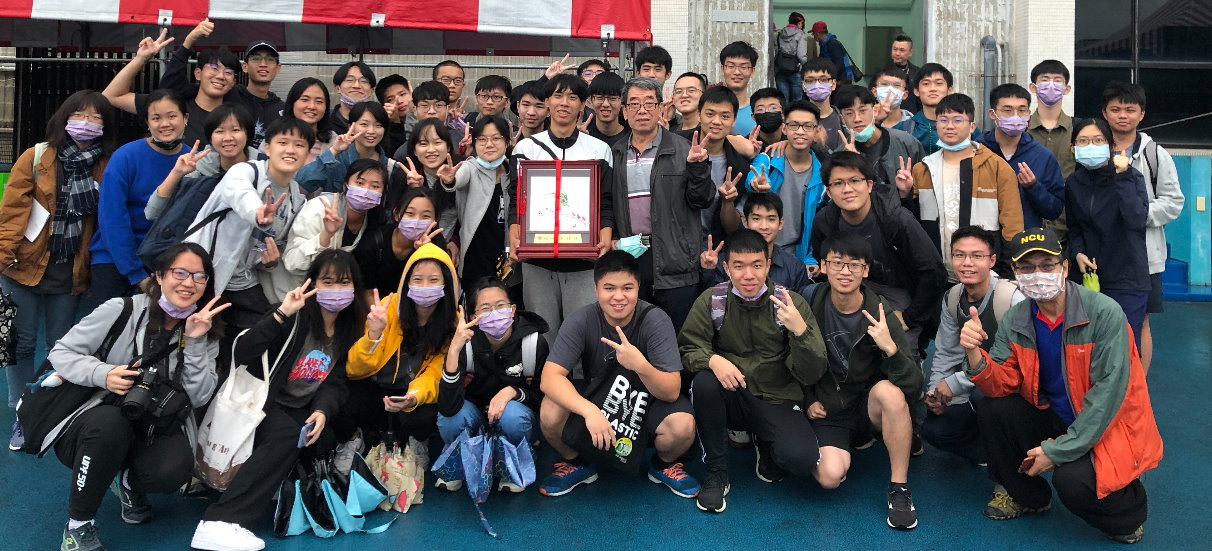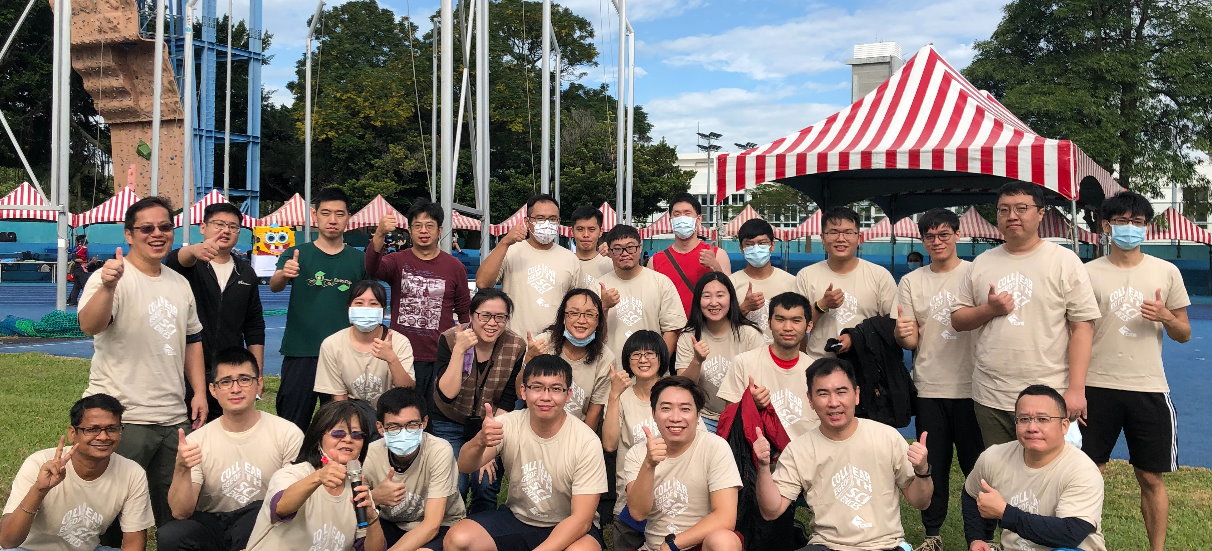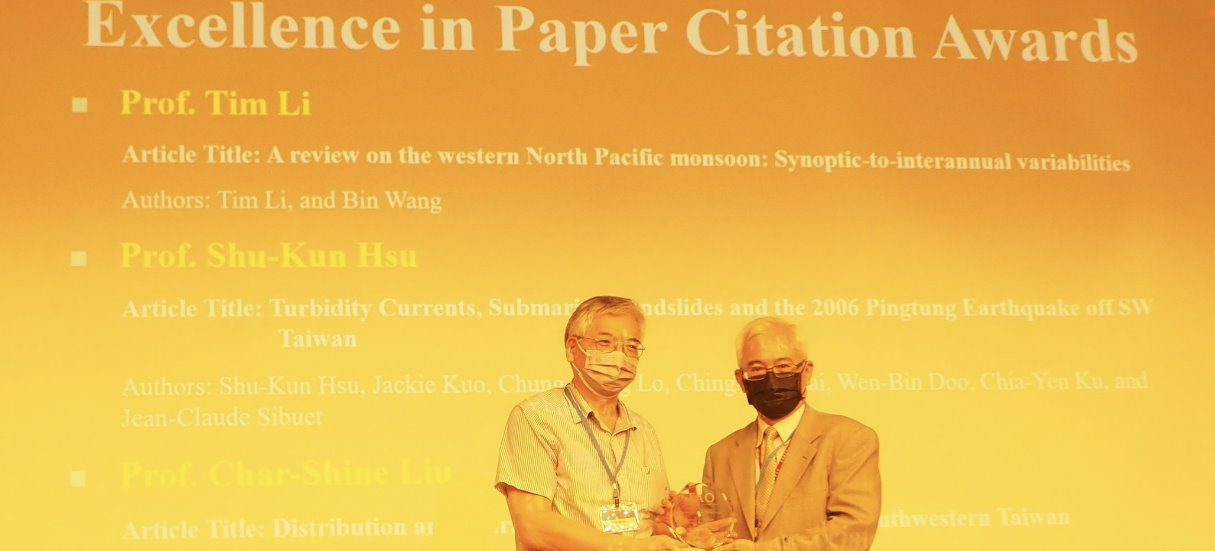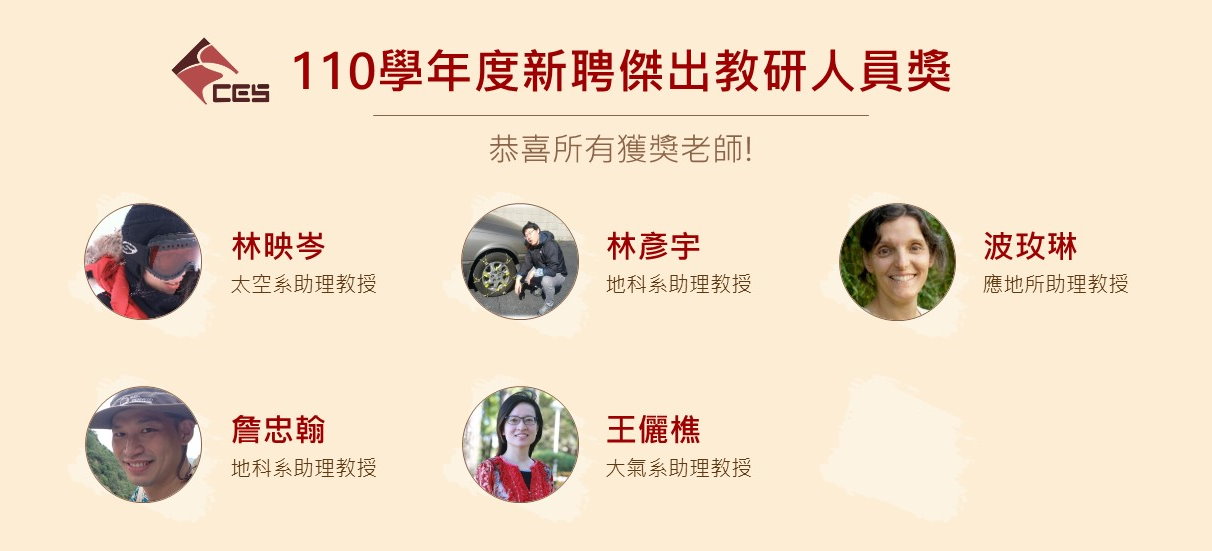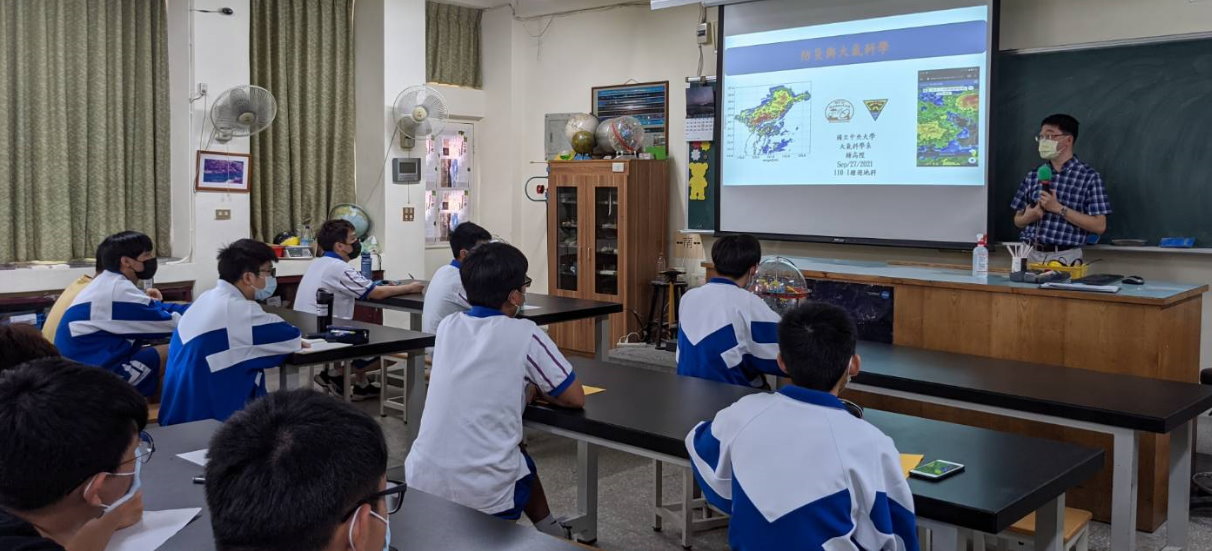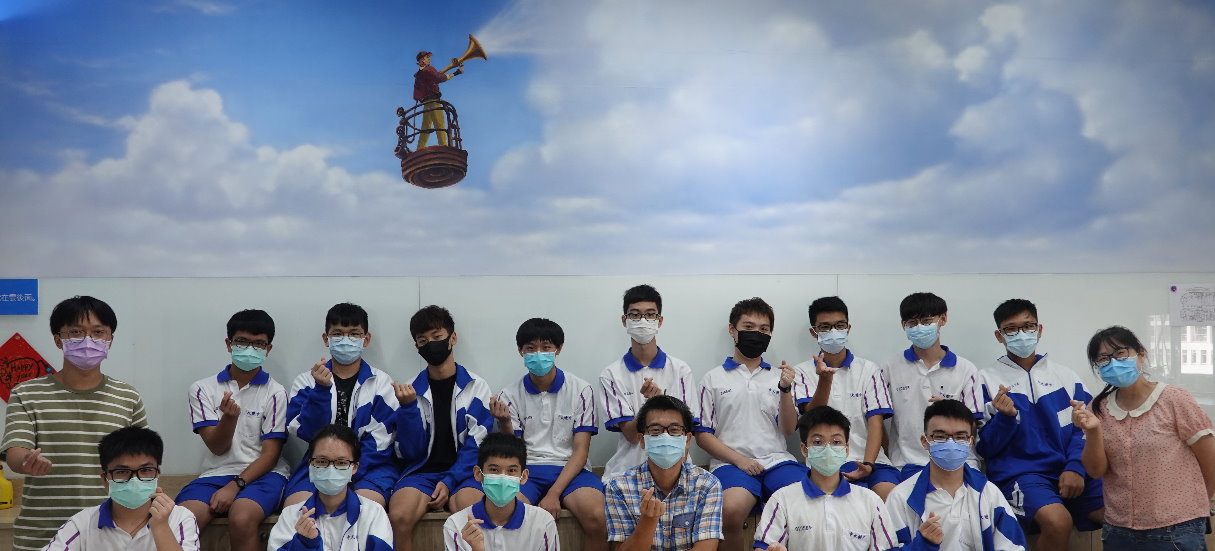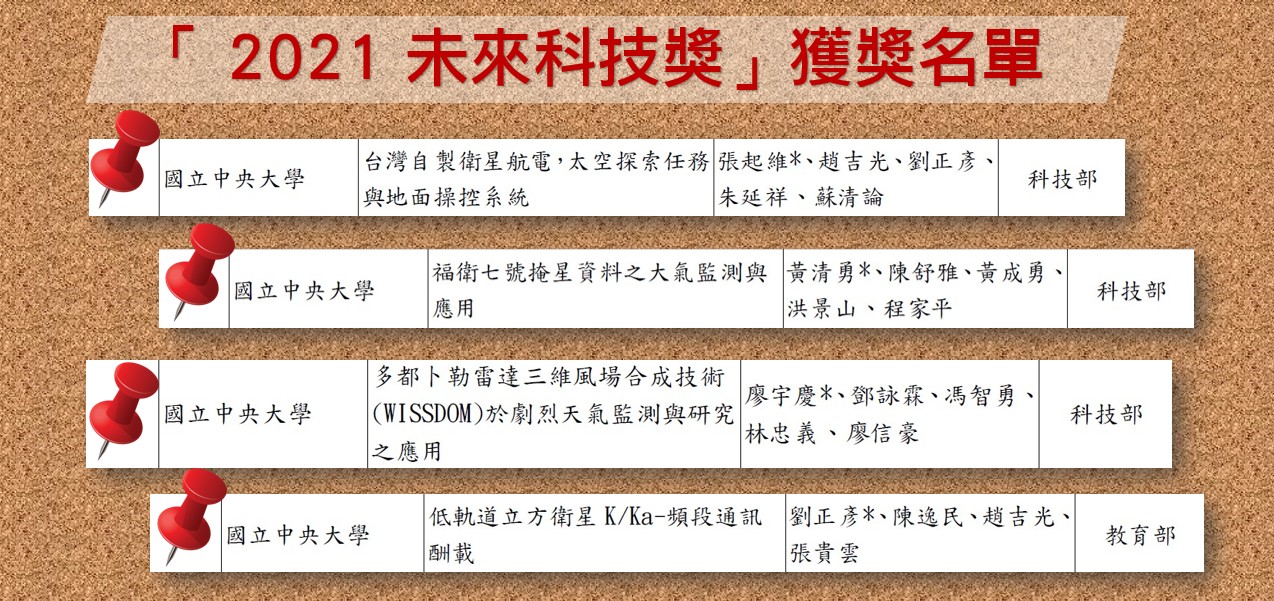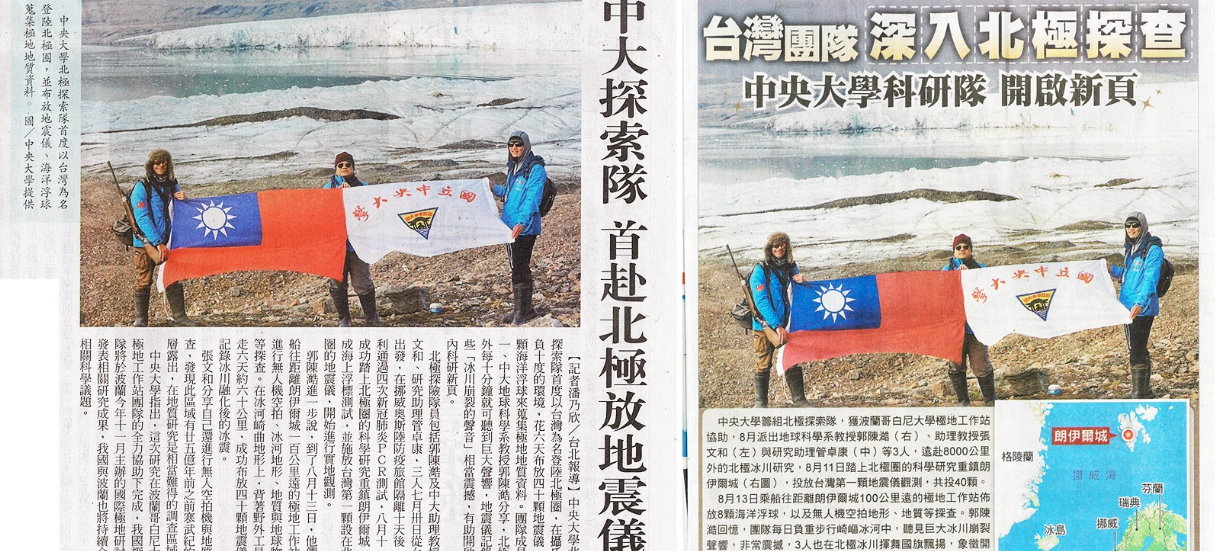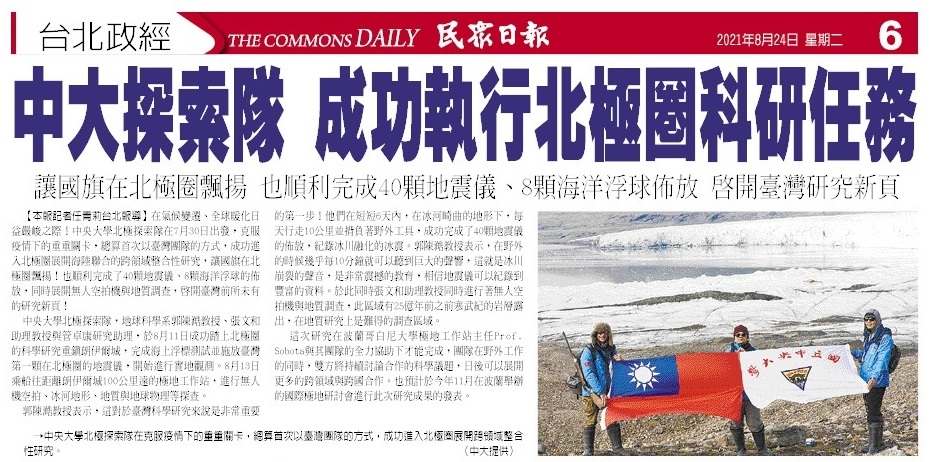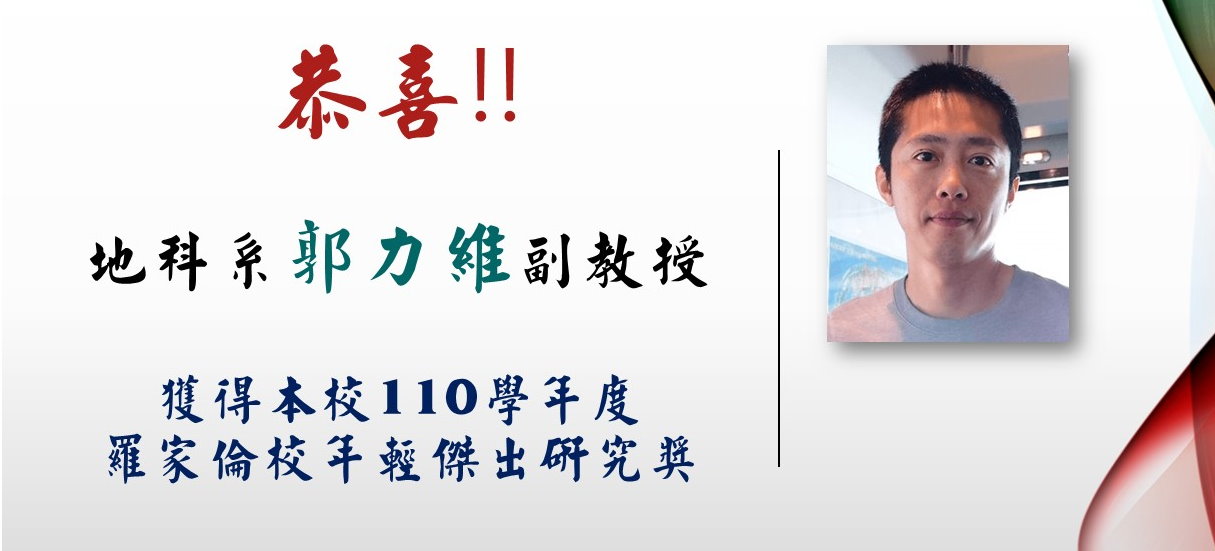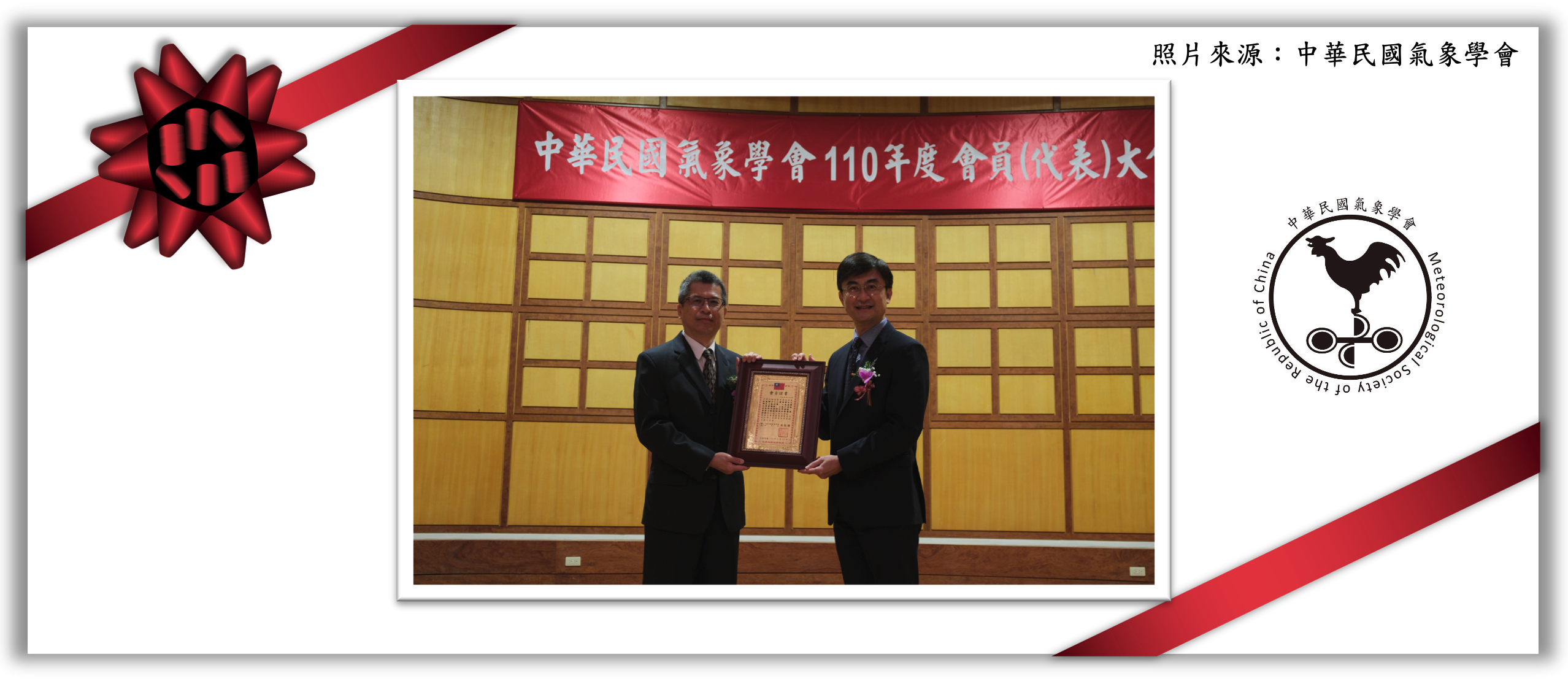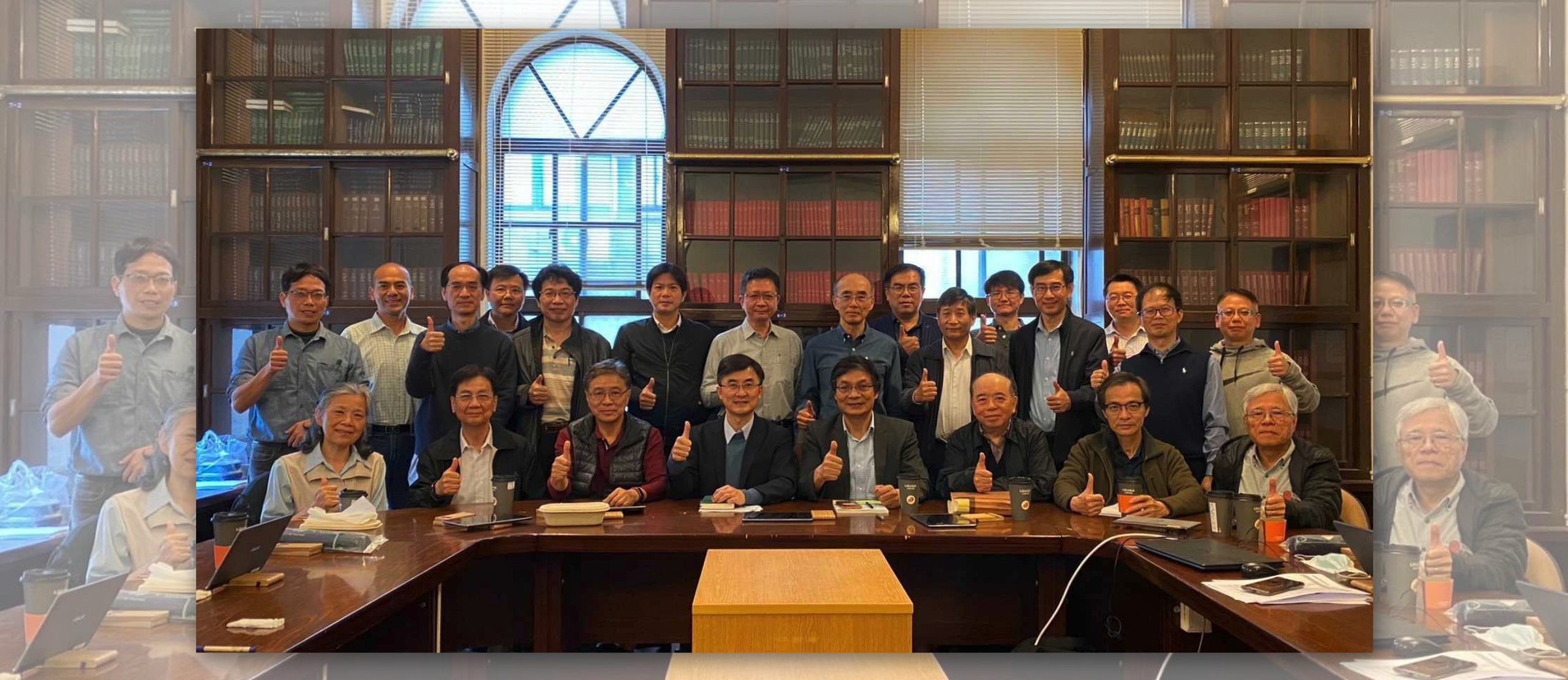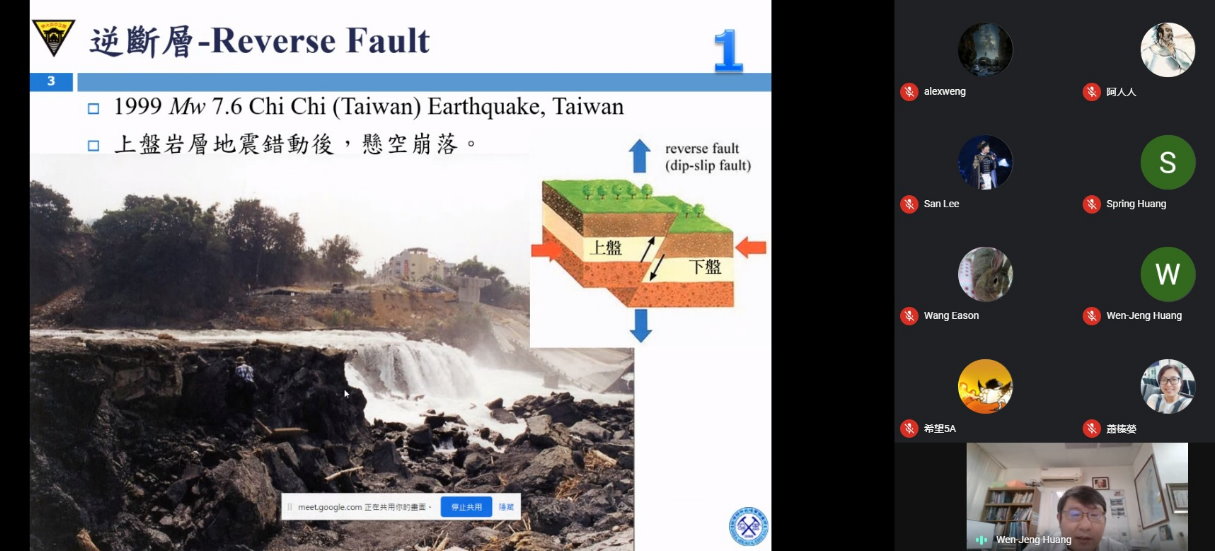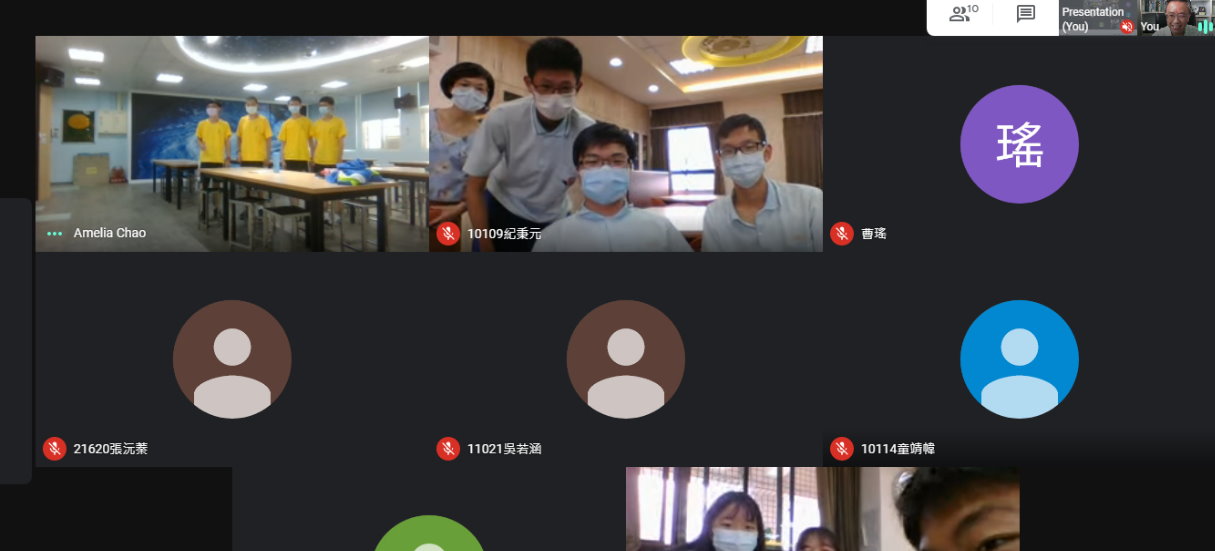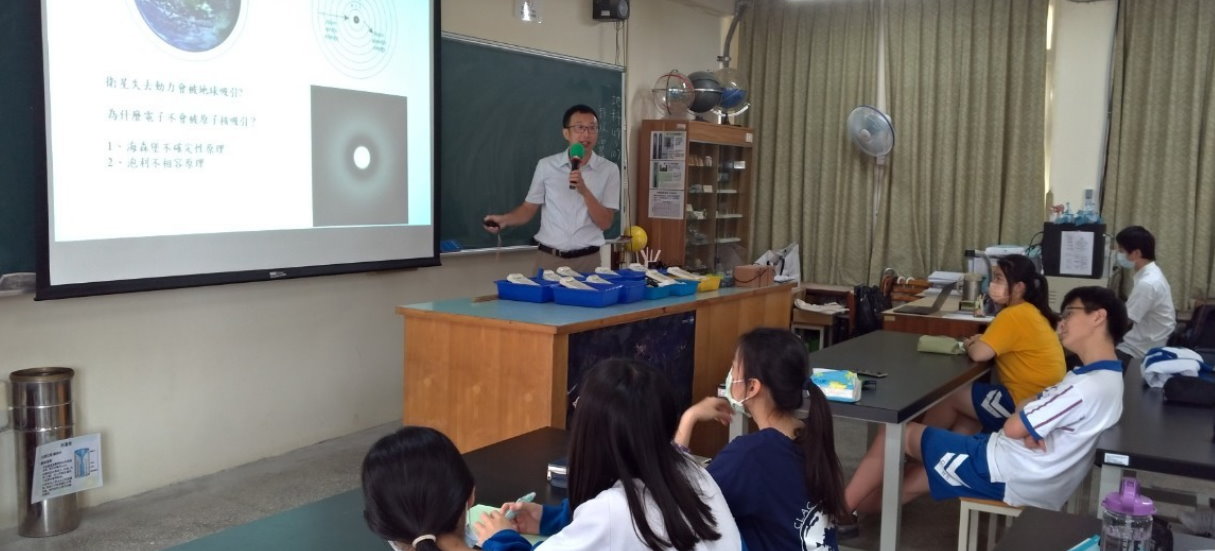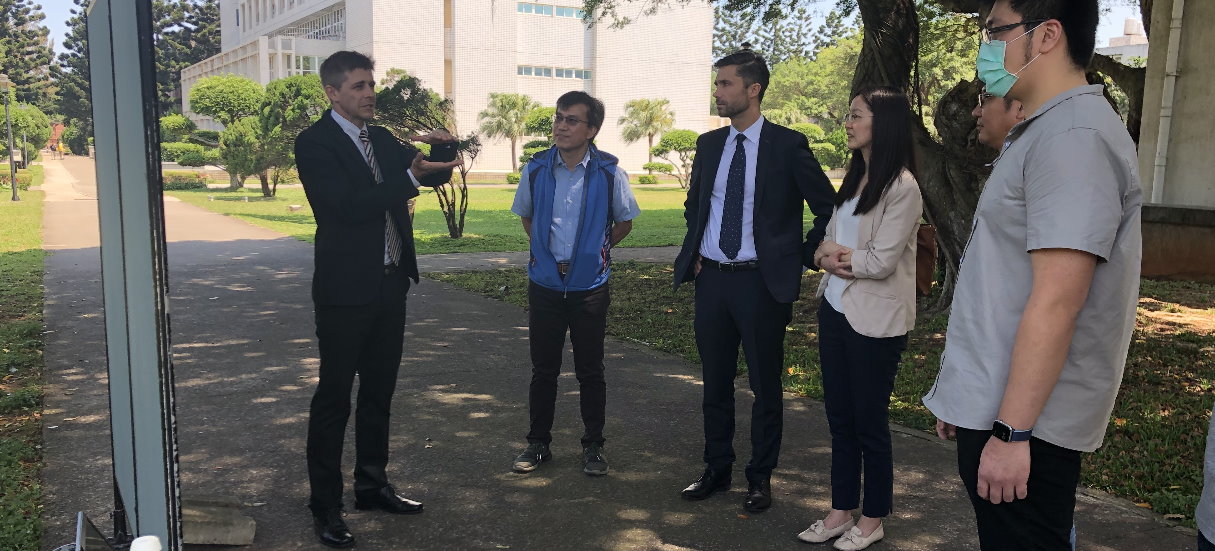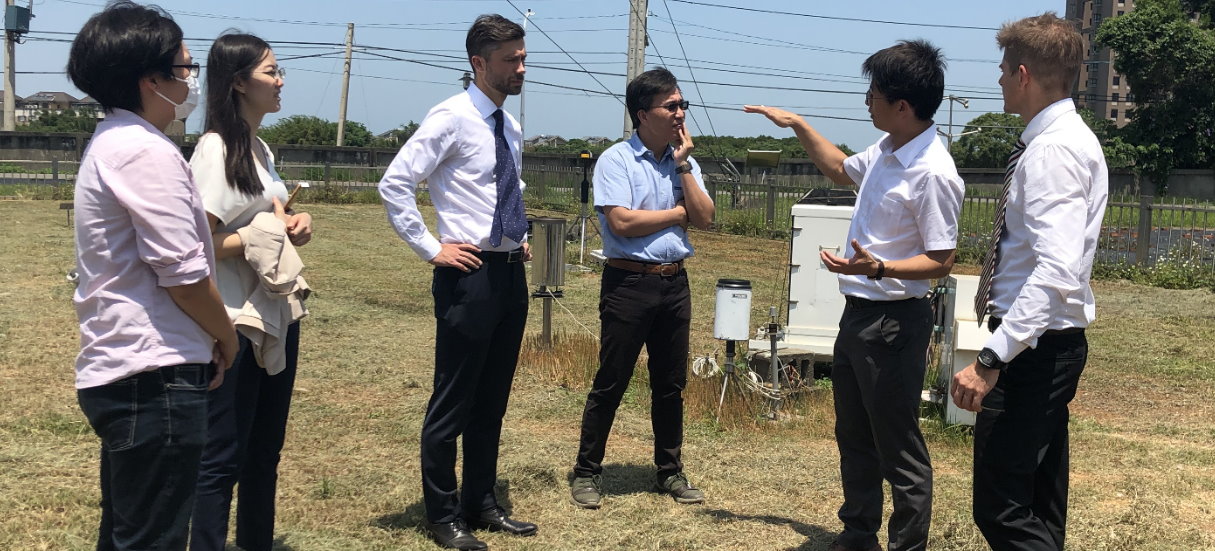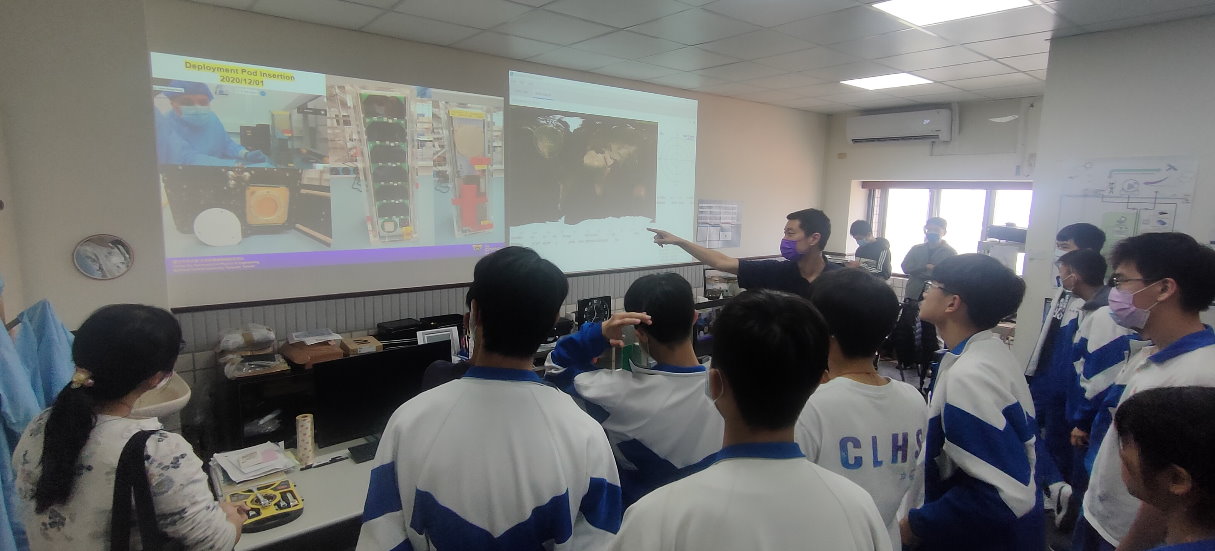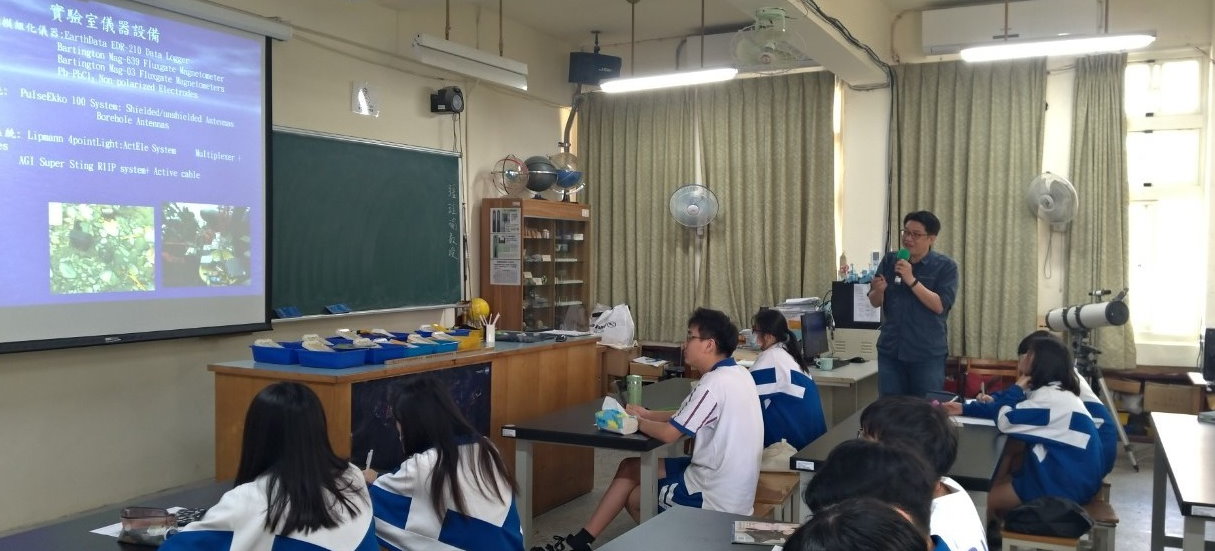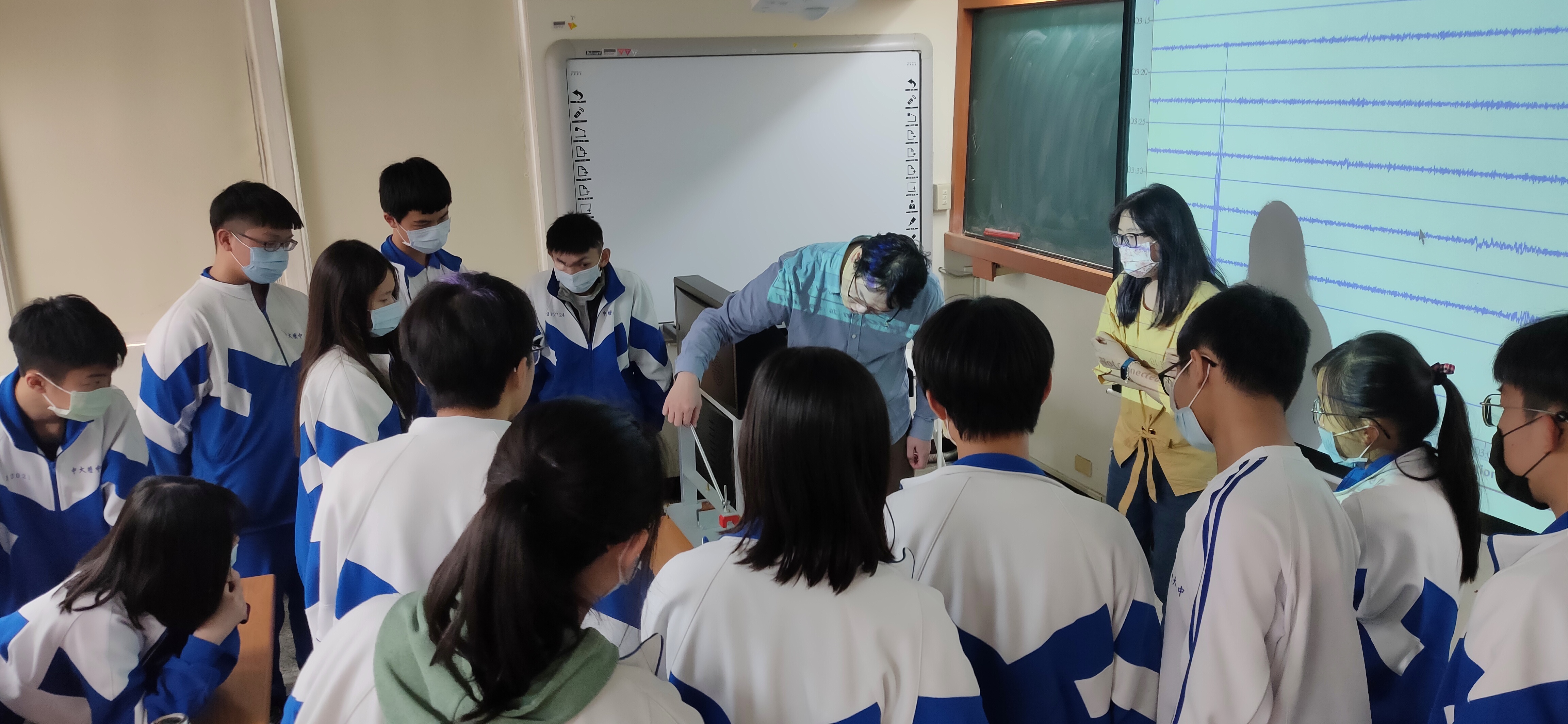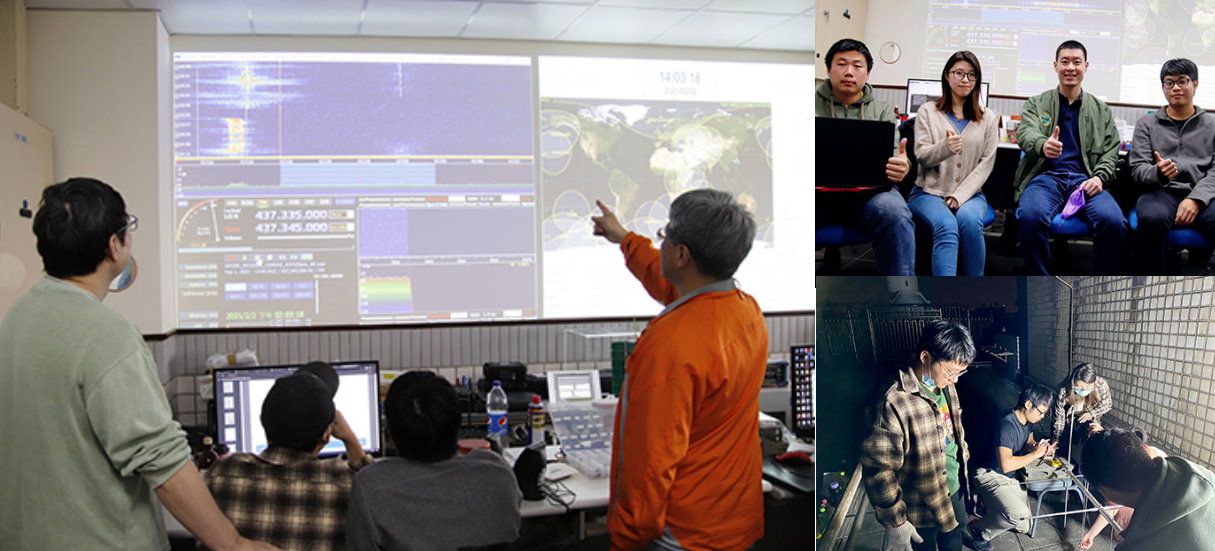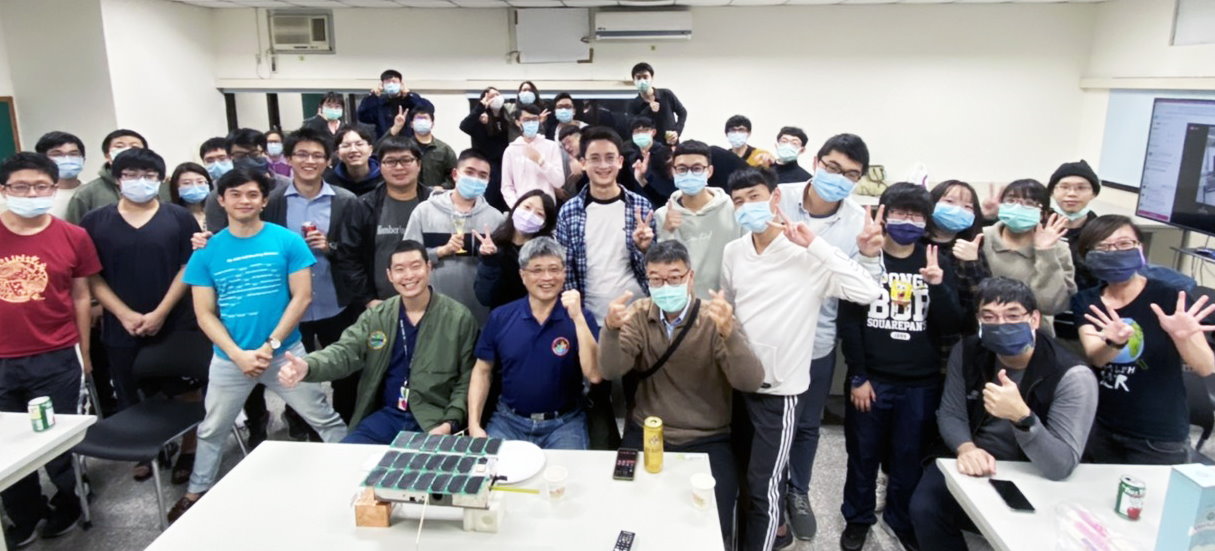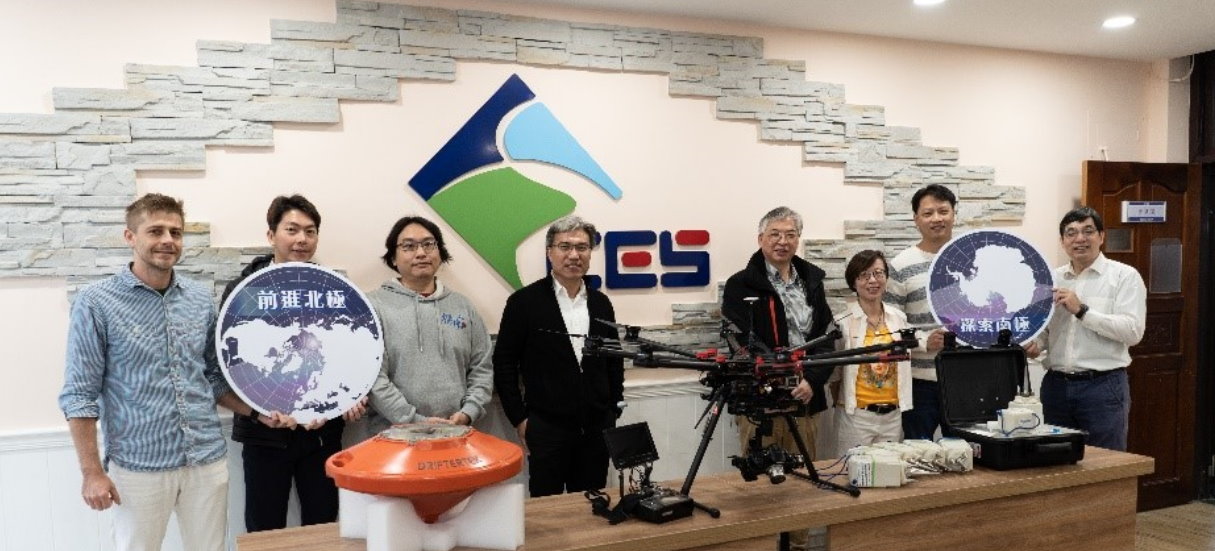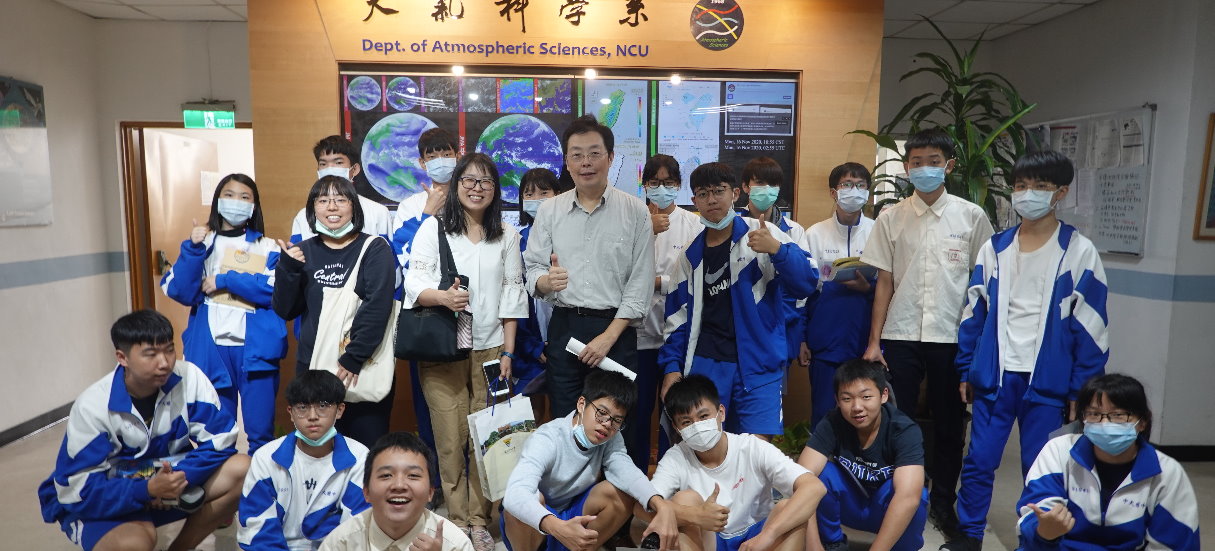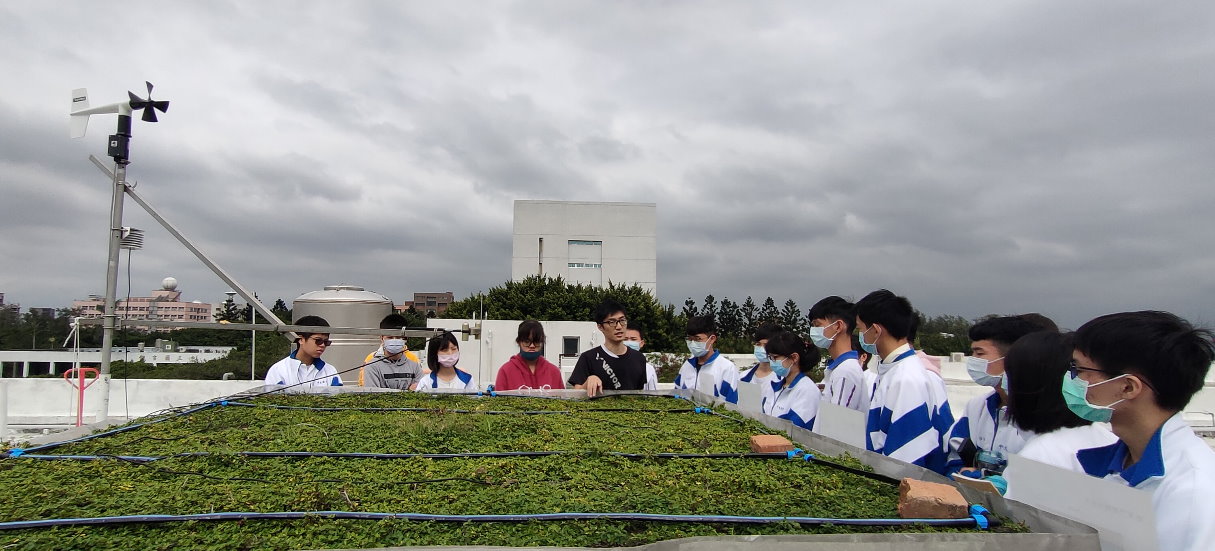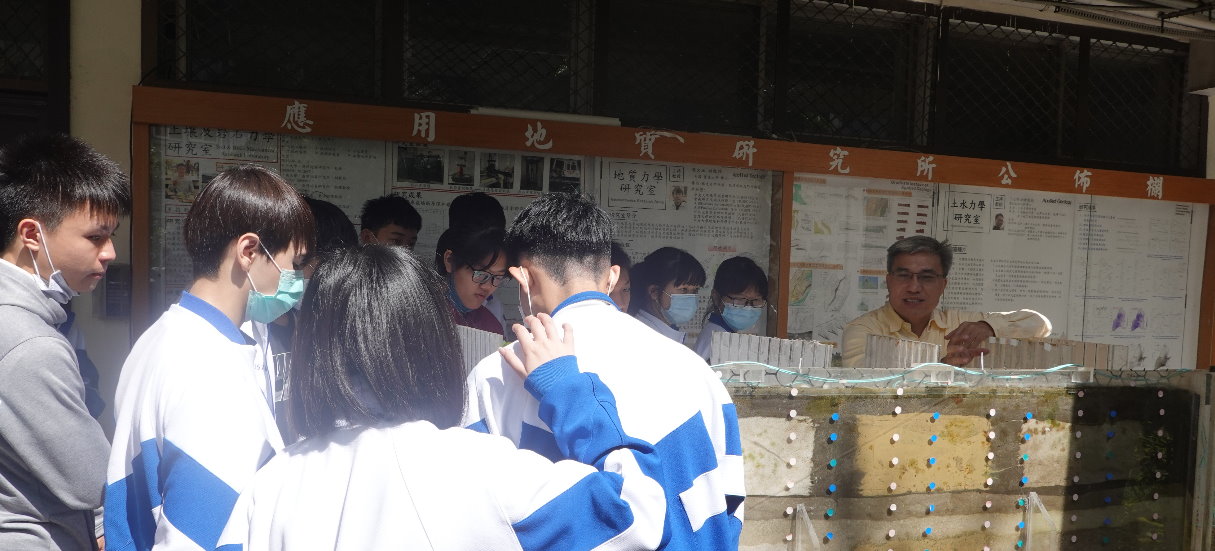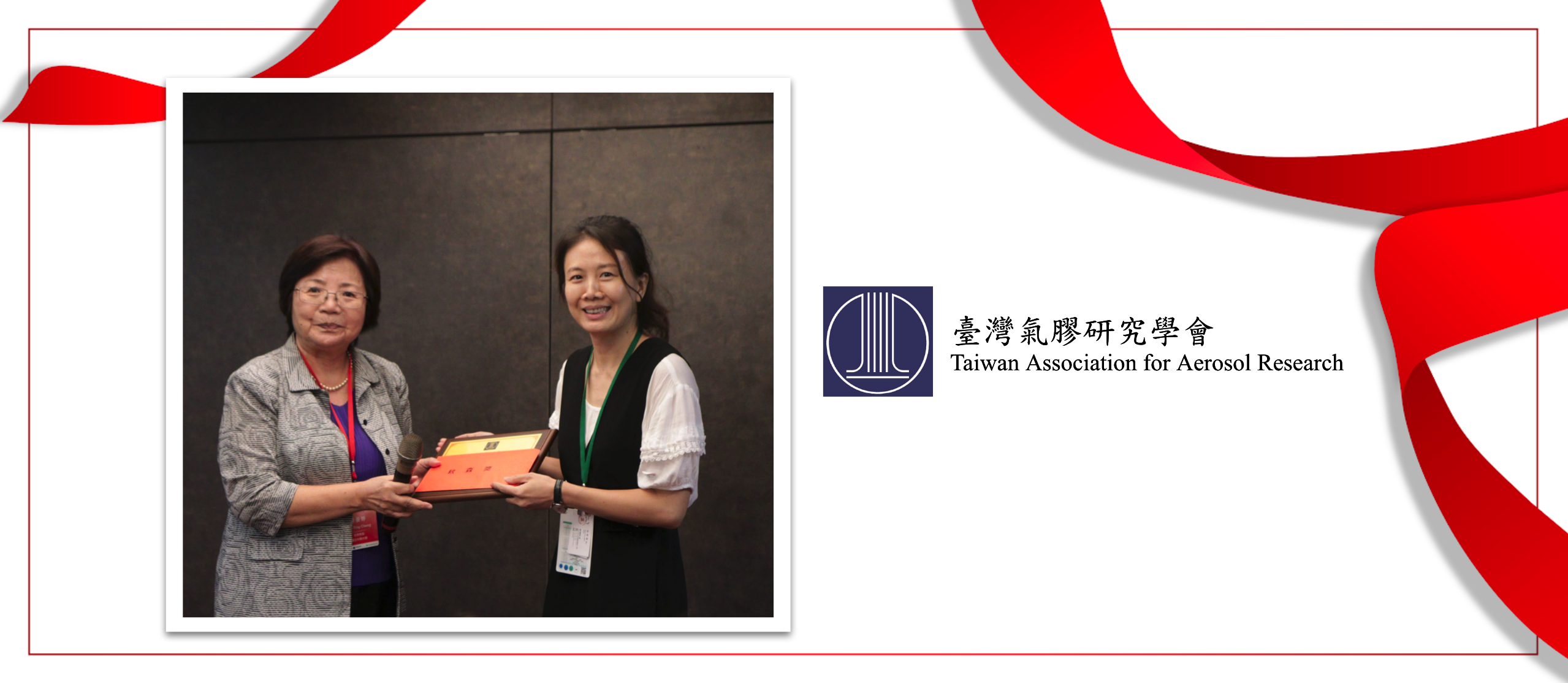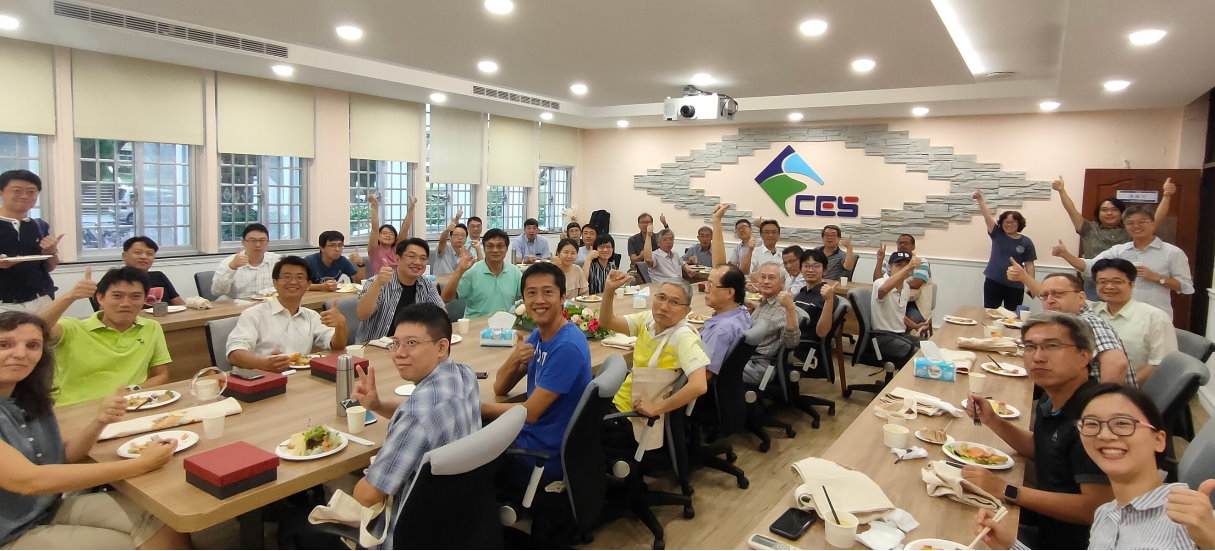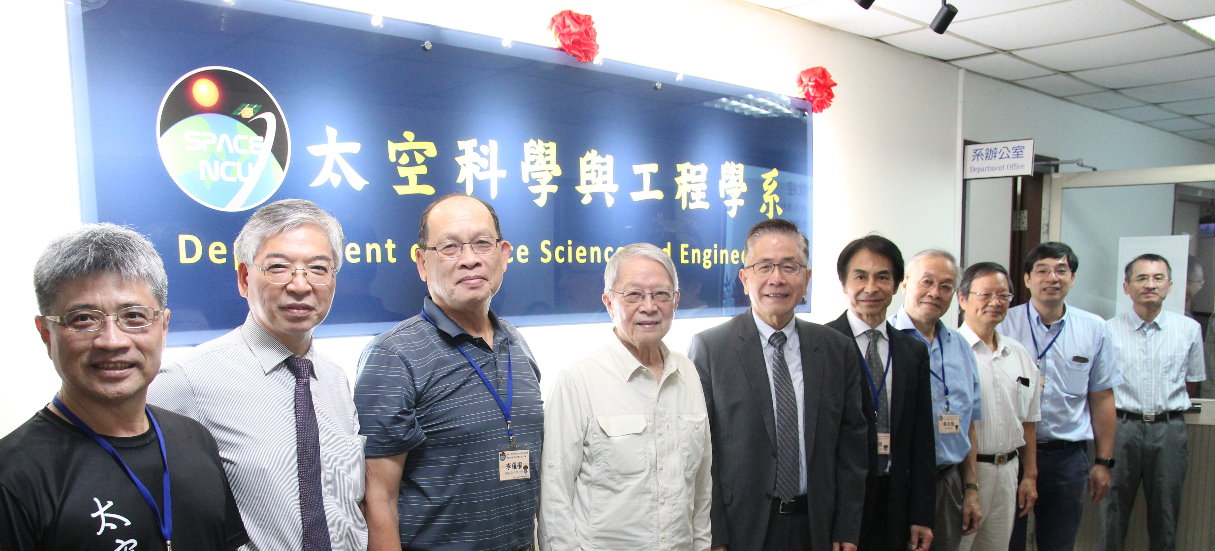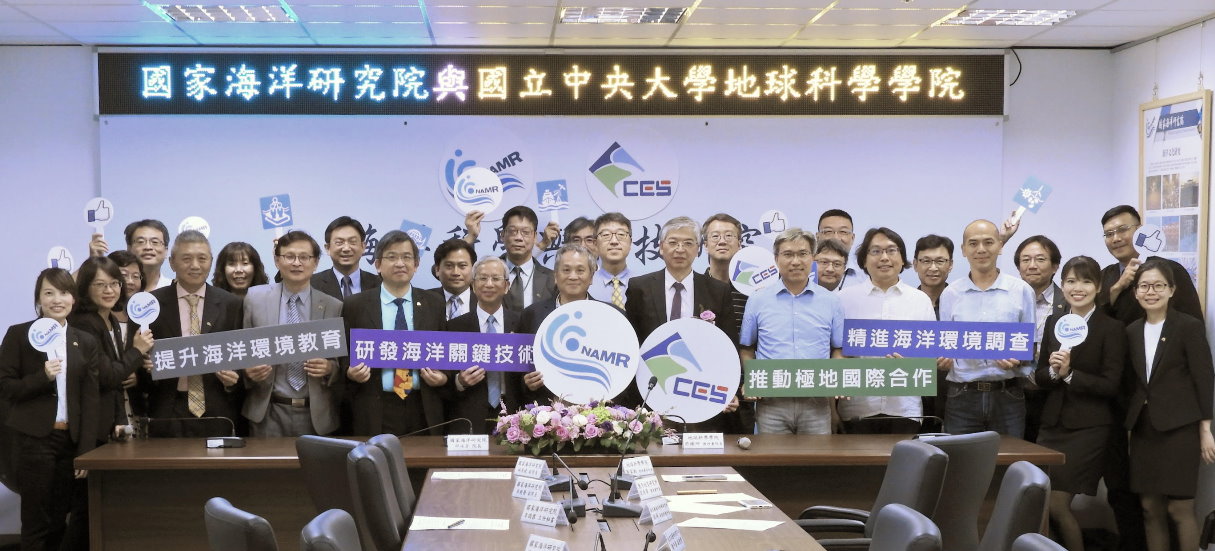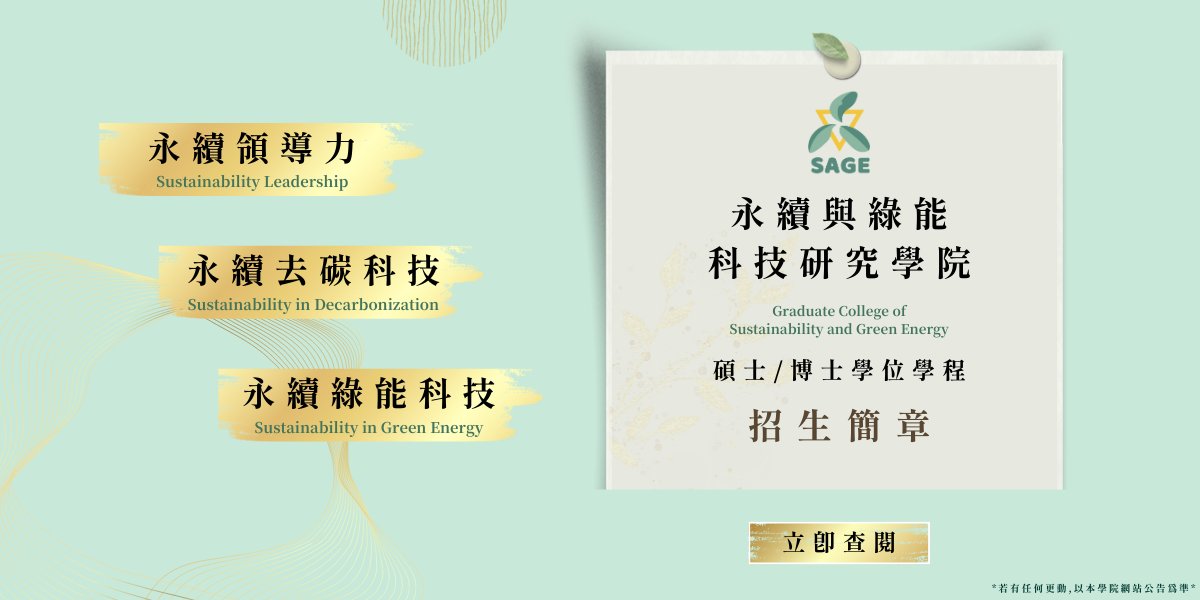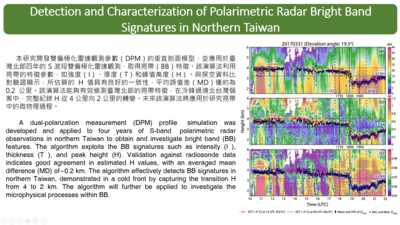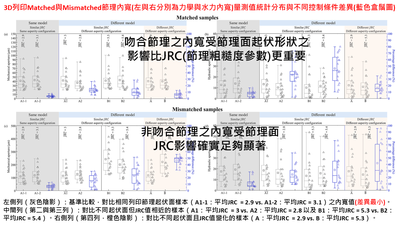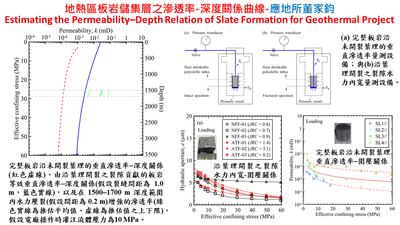The "Polar Teatime Seminar" is an informal professional exchange event organized by the Taiwan Polar Research Center (TaiPI). During this one-hour event, we will invite a key speaker to share their expertise or recent findings and facilitate discussions through a Q&A session.
The seminar is scheduled to take place on Wednesdays from 15:30 to 16:30 (UTC+8), with one or two sessions held each month. The venue will be the meeting room of the Taiwan Polar Research Center on the first floor of the Department of Earth Sciences building at National Central University, though the location may be adjusted depending on venue availability and expected attendance. The event is open to you and any interested friends. Light snacks will be provided at the venue, and if attending in person is inconvenient, you can join the session via the online meeting link.
Here are the details for the first session:
Time: May 21st (Wed) 15:30-16:30 (UTC+8)
Location: (Taiwan Polar Institute) (1st Floor, Department of Earth Sciences, National Central University) / Online
Online Participation Link: https://meet.google.com/vfv-opac-vmx
Speaker: He Han-yu (Center for Space and Remote Sensing Research, National Central University / Taiwan Polar Research Center)
Topic: Insights from 2024 PIRP Participation and Erosion Research on the Bernal Glacier
Abstract:
Amidst the increasingly severe challenge of global warming, glaciers around the world are melting at an alarming rate, triggering a series of escalating issues. Glacier retreat not only causes sea level rise but also leads to severe environmental problems, including biodiversity loss and heavy metal pollution. I was fortunate to participate in a field expedition to Patagonia, where I witnessed the magnificent beauty of glaciers firsthand and participated in activities such as glacier climbing, ice core drilling, and wilderness survival training. I also learned about tree species identification and dendrochronology as part of the research team. Our primary focus during this expedition was studying the untouched and rapidly melting Glacier Bernardo. The main goal of our team was to measure the flow of glacial meltwater and collect sediment samples to calculate the erosion rate and estimate the annual total erosion of the glacier. Our research findings show that Glacier Bernardo generates approximately 1,500 tons of fine-grained sediment annually, with an average erosion rate exceeding 0.1 mm per year.
Attached is the calendar invite for each of our exchange sessions. We look forward to seeing you there!
